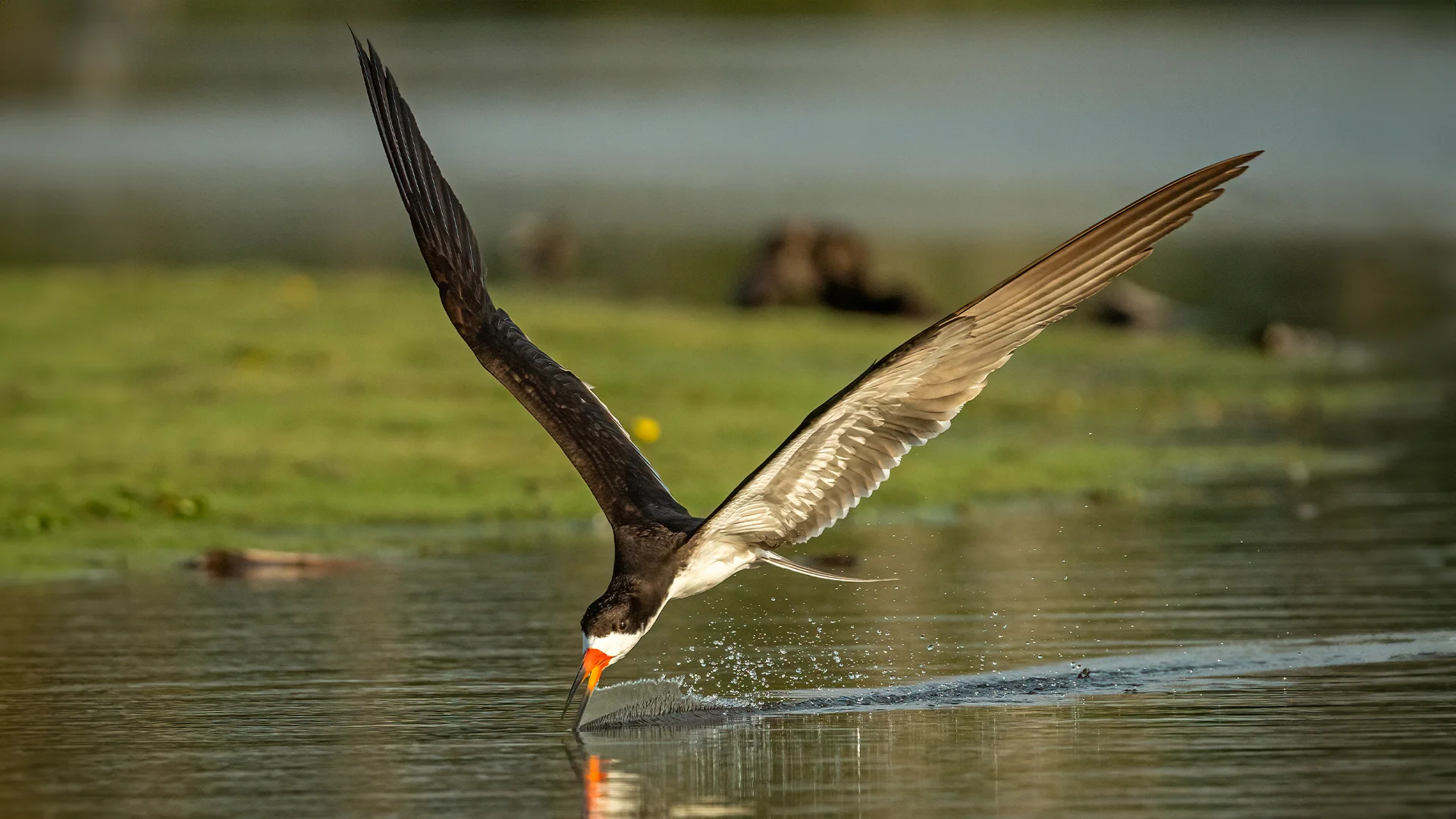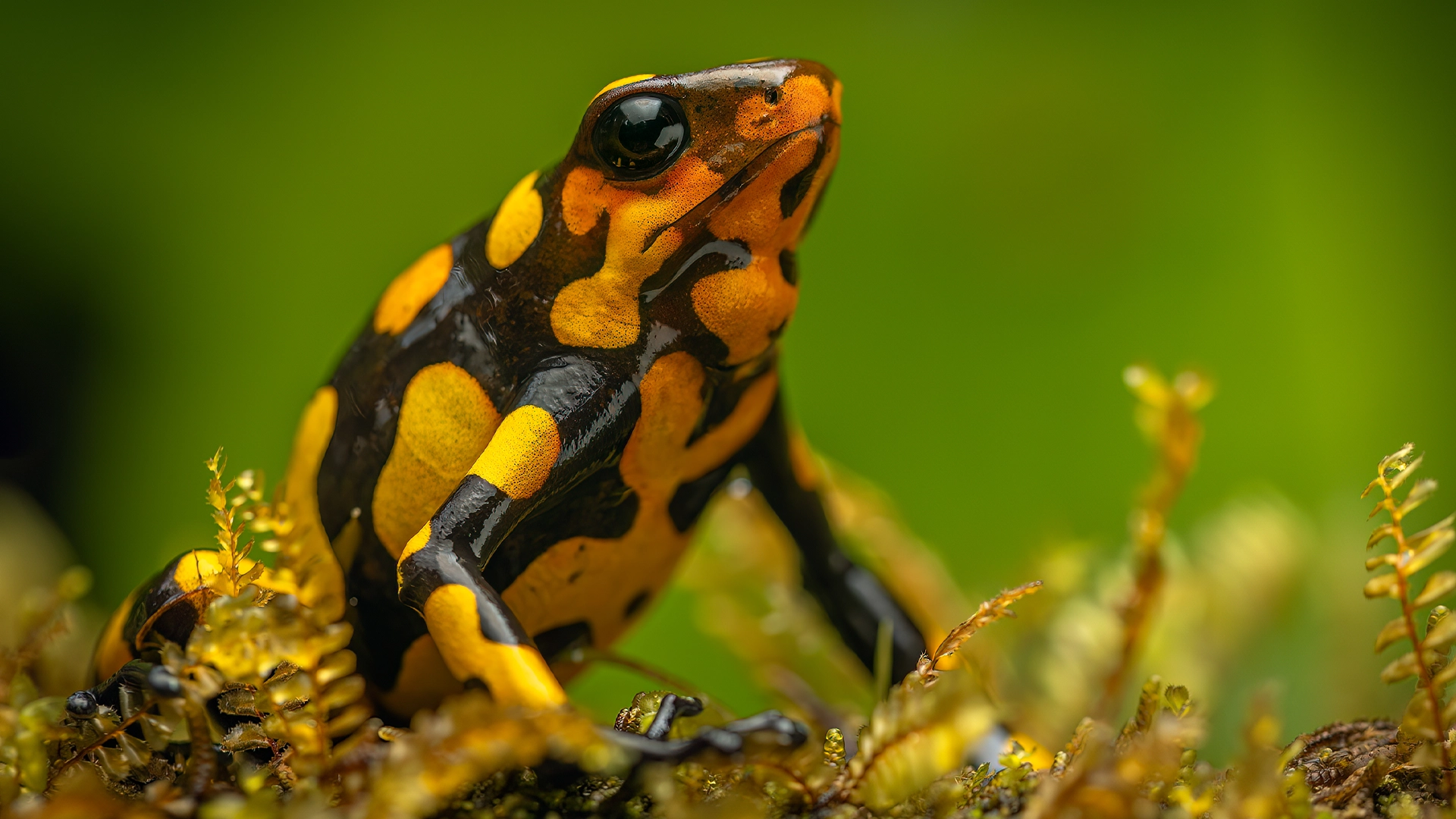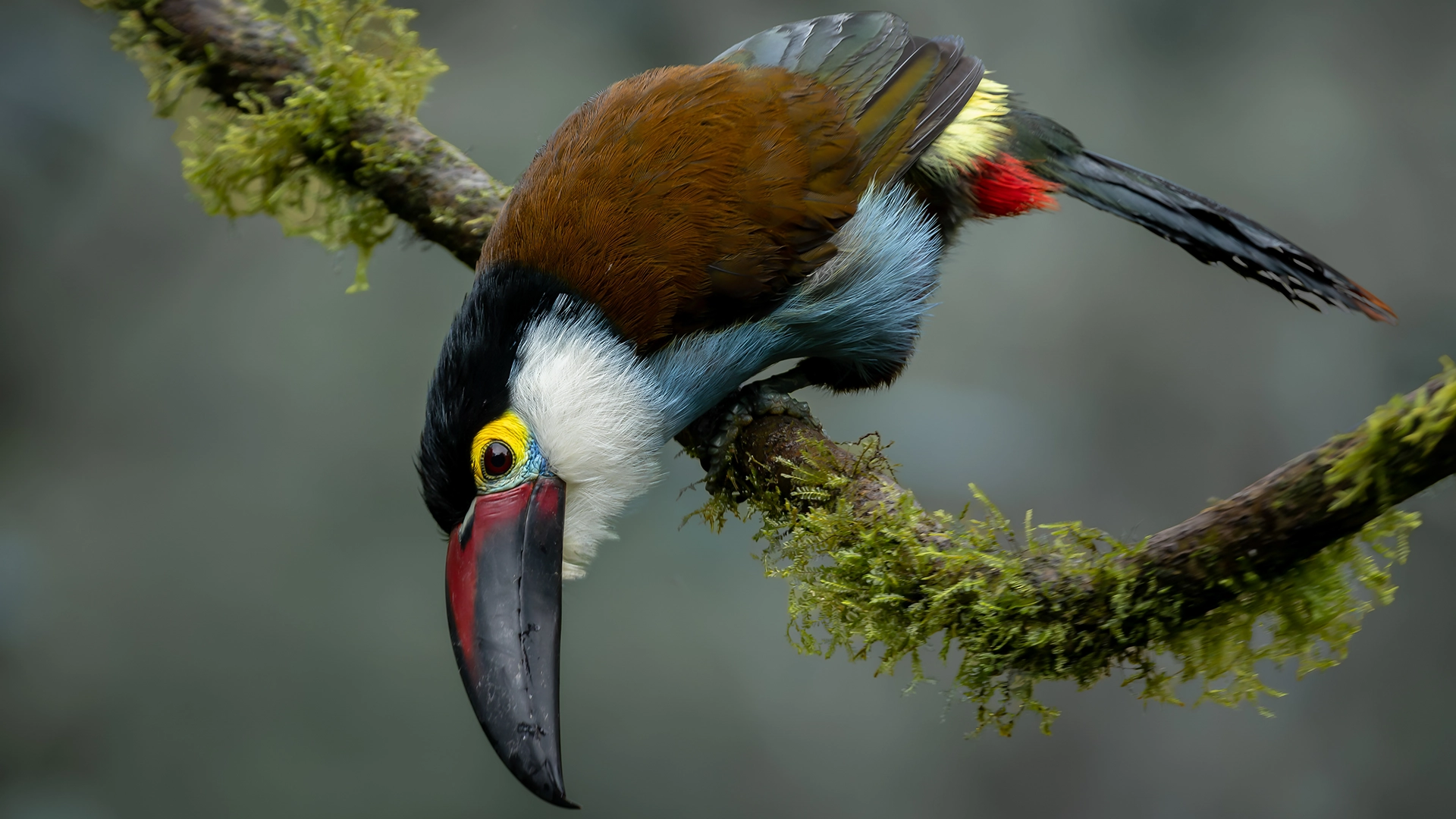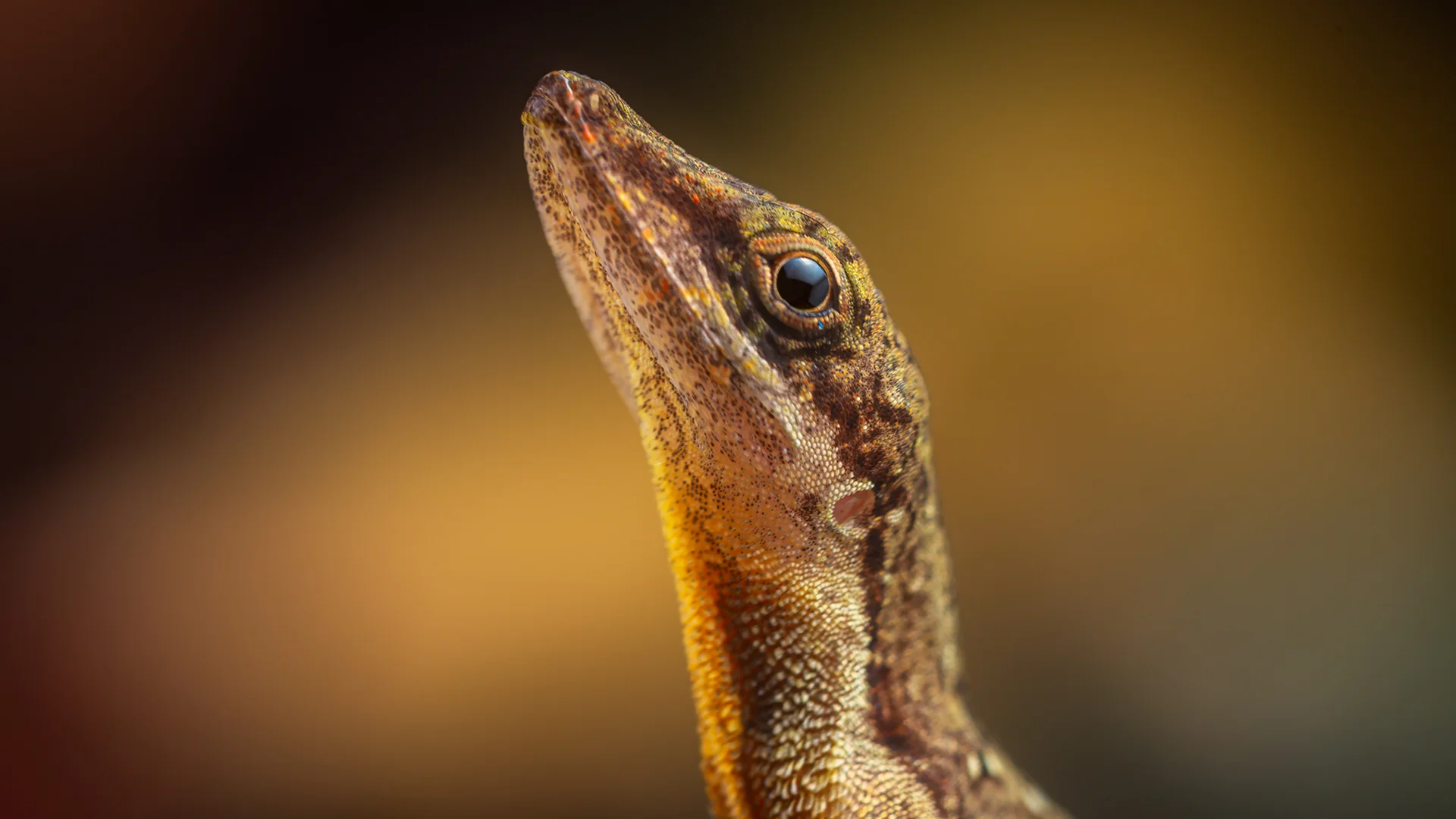AMAZON
KEEPING NATURE TOURS
AMAZON REGION
The charm of the pristine and ancestral jungle
Meet incredible species in the majestic Amazon region. Accompanied by professionals in nature photography, you will experience the rainforest in an incomparable way.
Our professionals will lead you through intricate mazes of vegetation, revealing the amazing biodiversity of the Amazon. You will capture captivating images of unique species, from colorful birds to imposing herps in their natural habitat.
Equipped with specialized knowledge our professionals will teach or advise you on advanced techniques to achieve stunning photographs. From the intensity of the jungle to the subtle details of the wildlife, every moment offers unique opportunities for creativity. Plus, you’ll learn about the importance of conservation and preservation of this vital ecosystem.
Explore winding rivers and listen to the sounds of the jungle as you hone your craft in an environment that awakens the senses. With comfortable and environmentally friendly accommodations, our tours offer not only unparalleled photographic experiences, but also a genuine commitment to the preservation of this natural wonder. Immerse yourself in the heart of the Amazon and capture the very essence of wildlife with us.
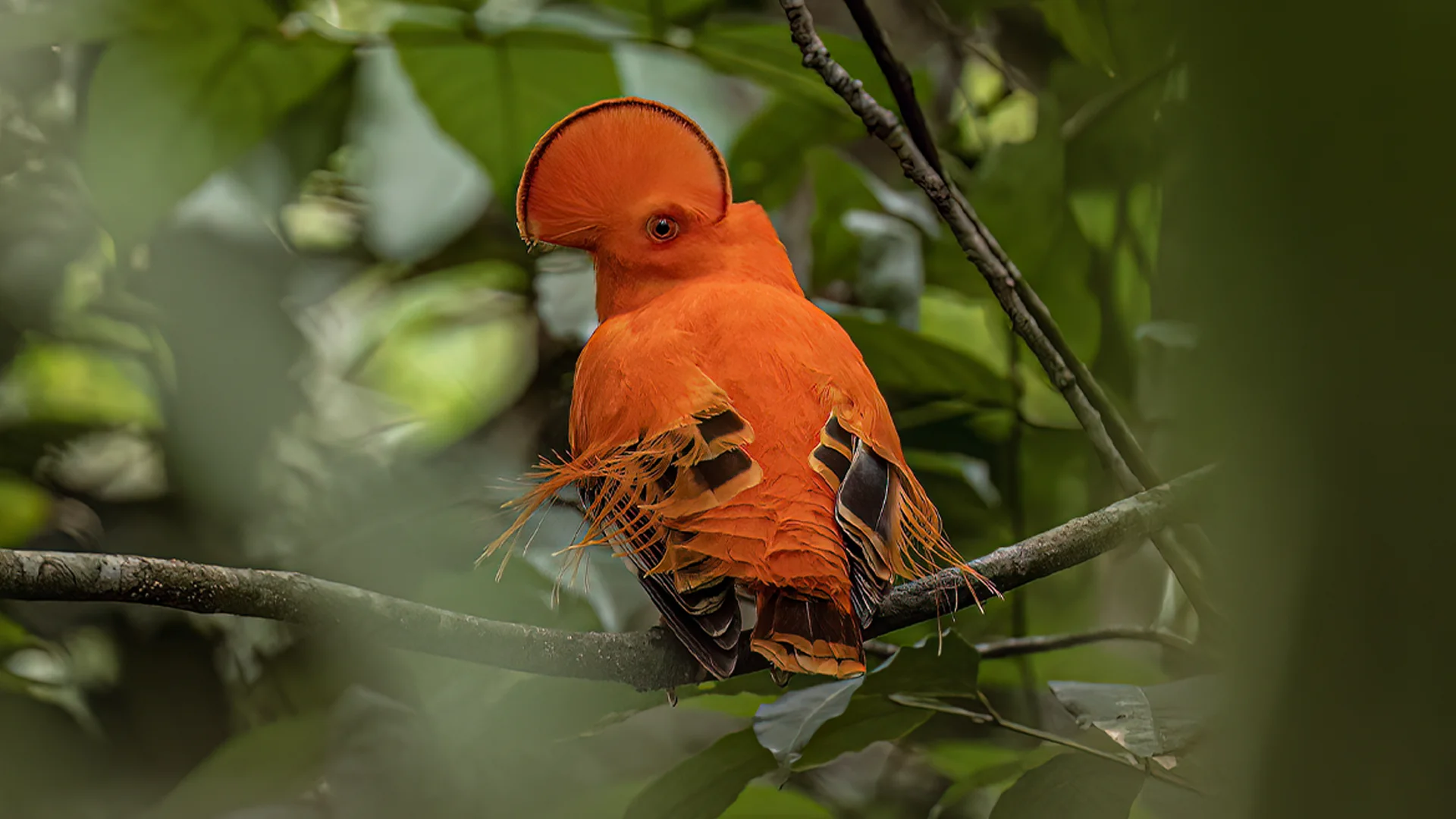
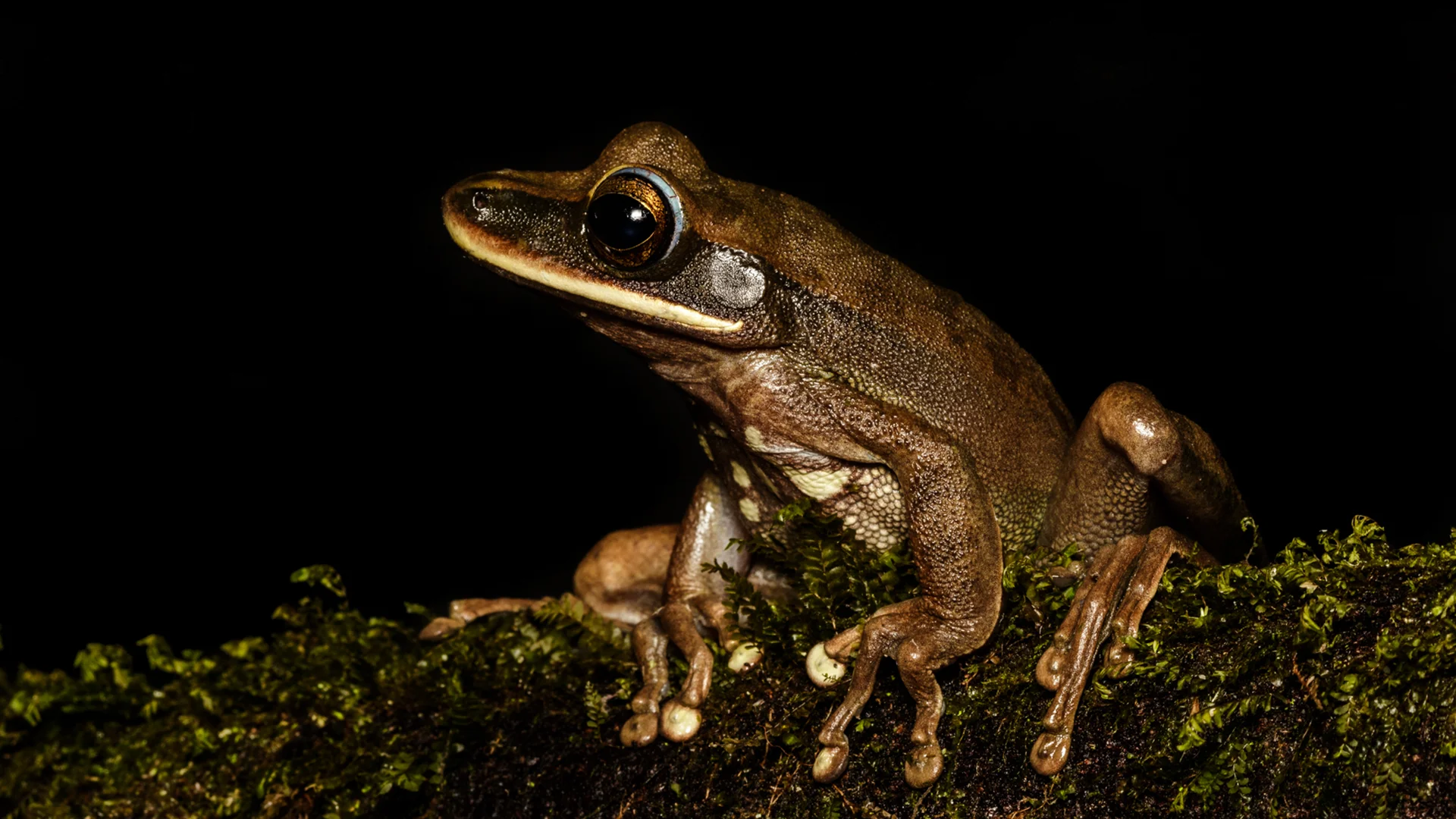
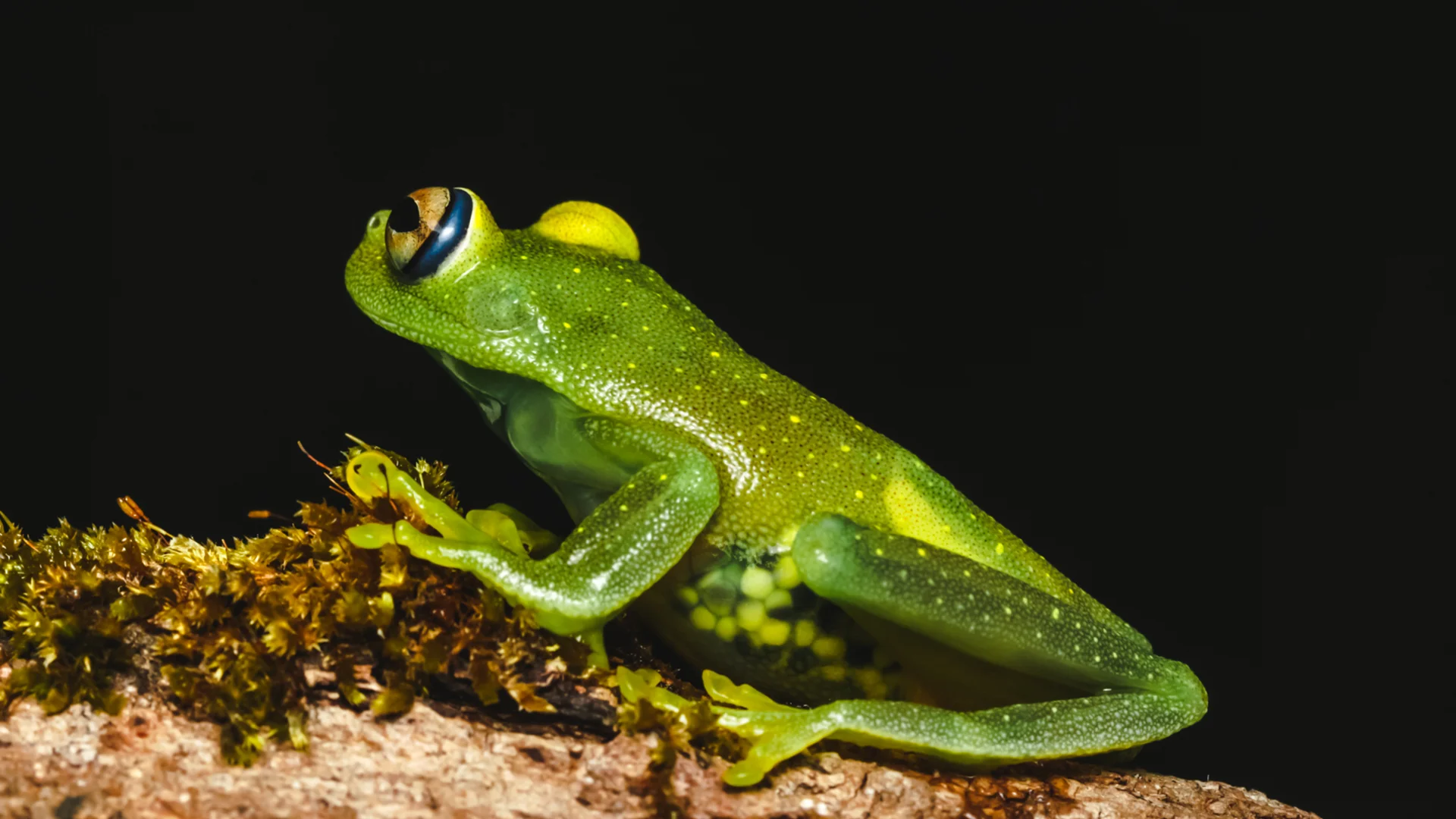
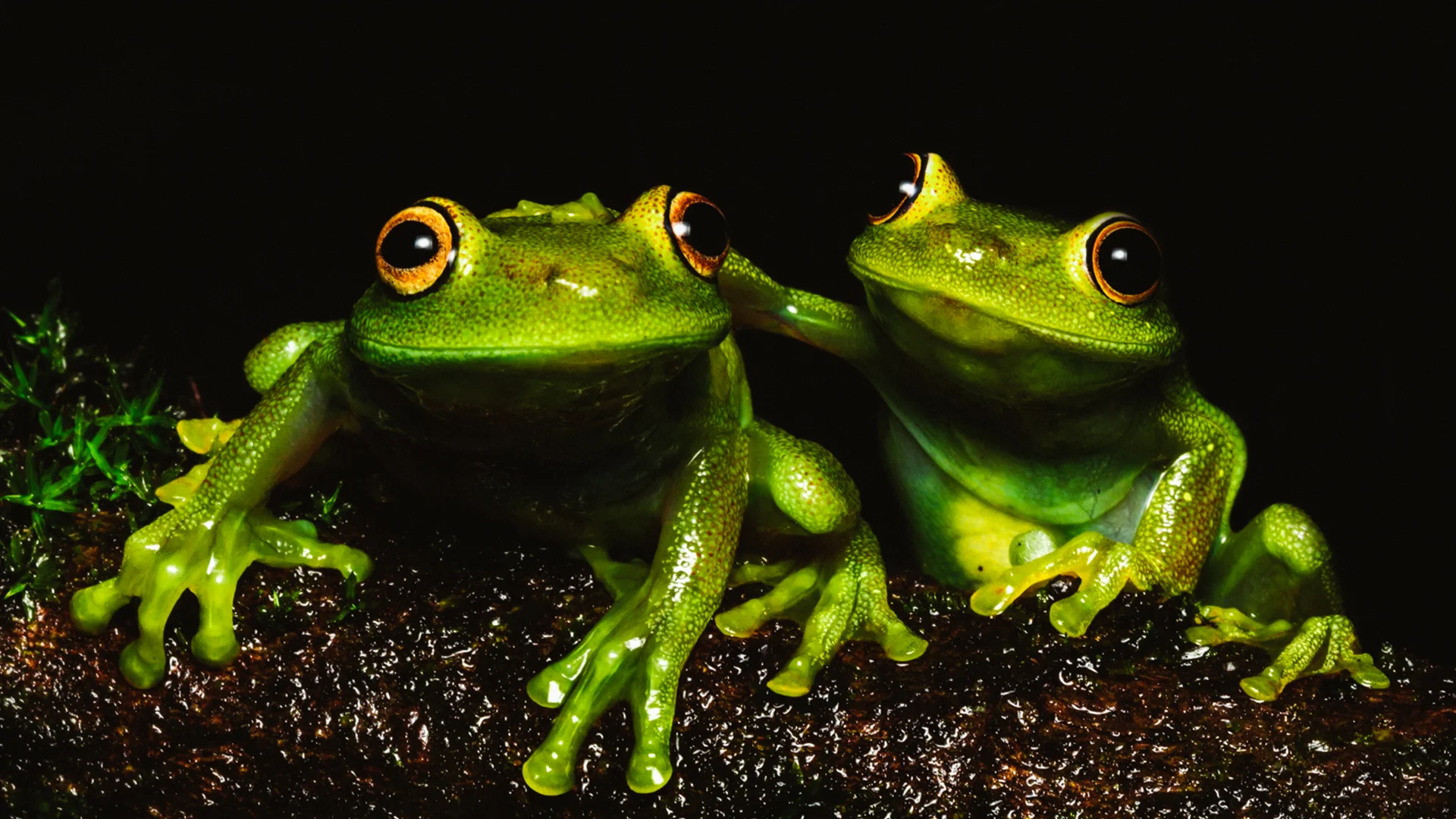
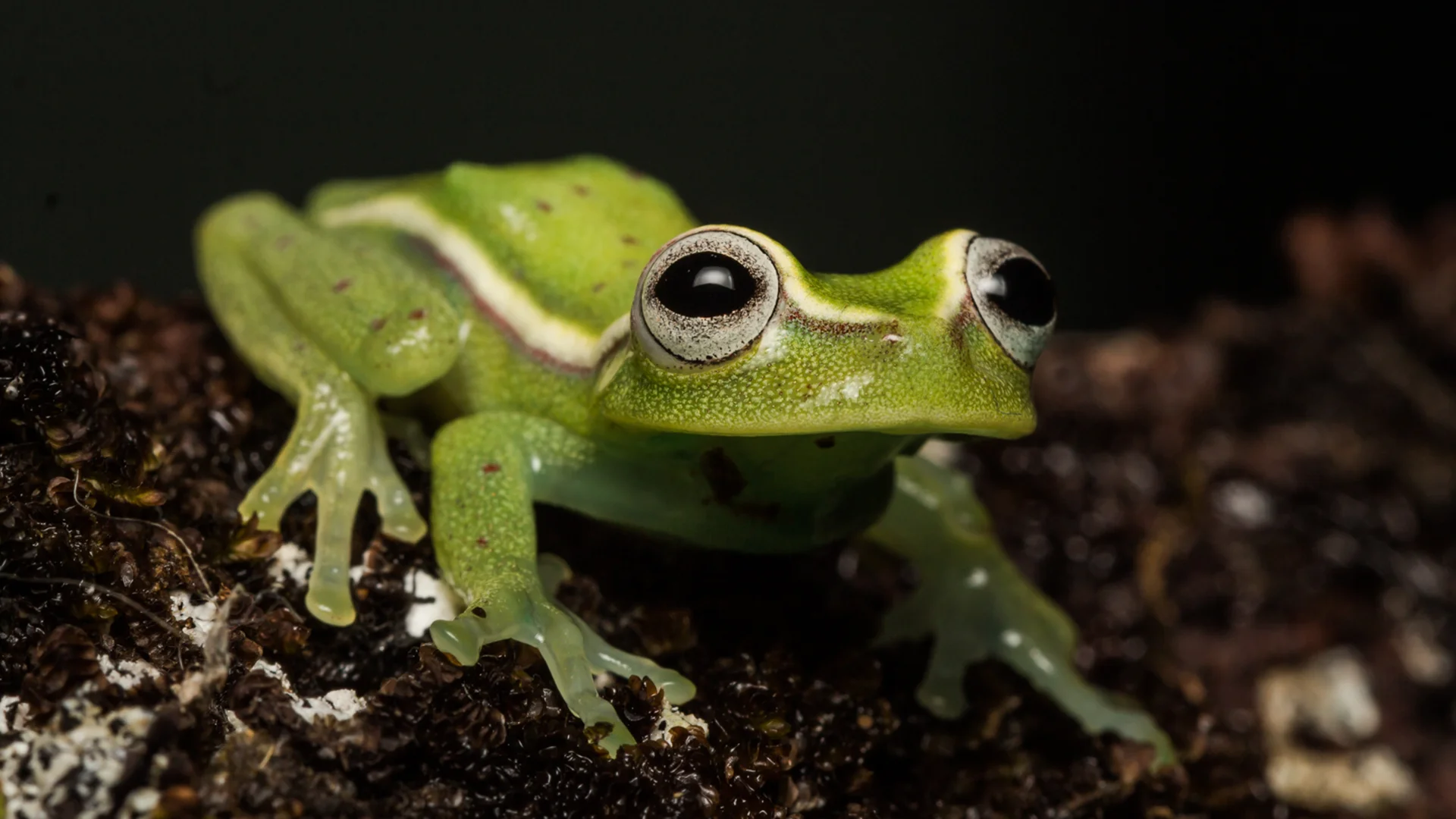
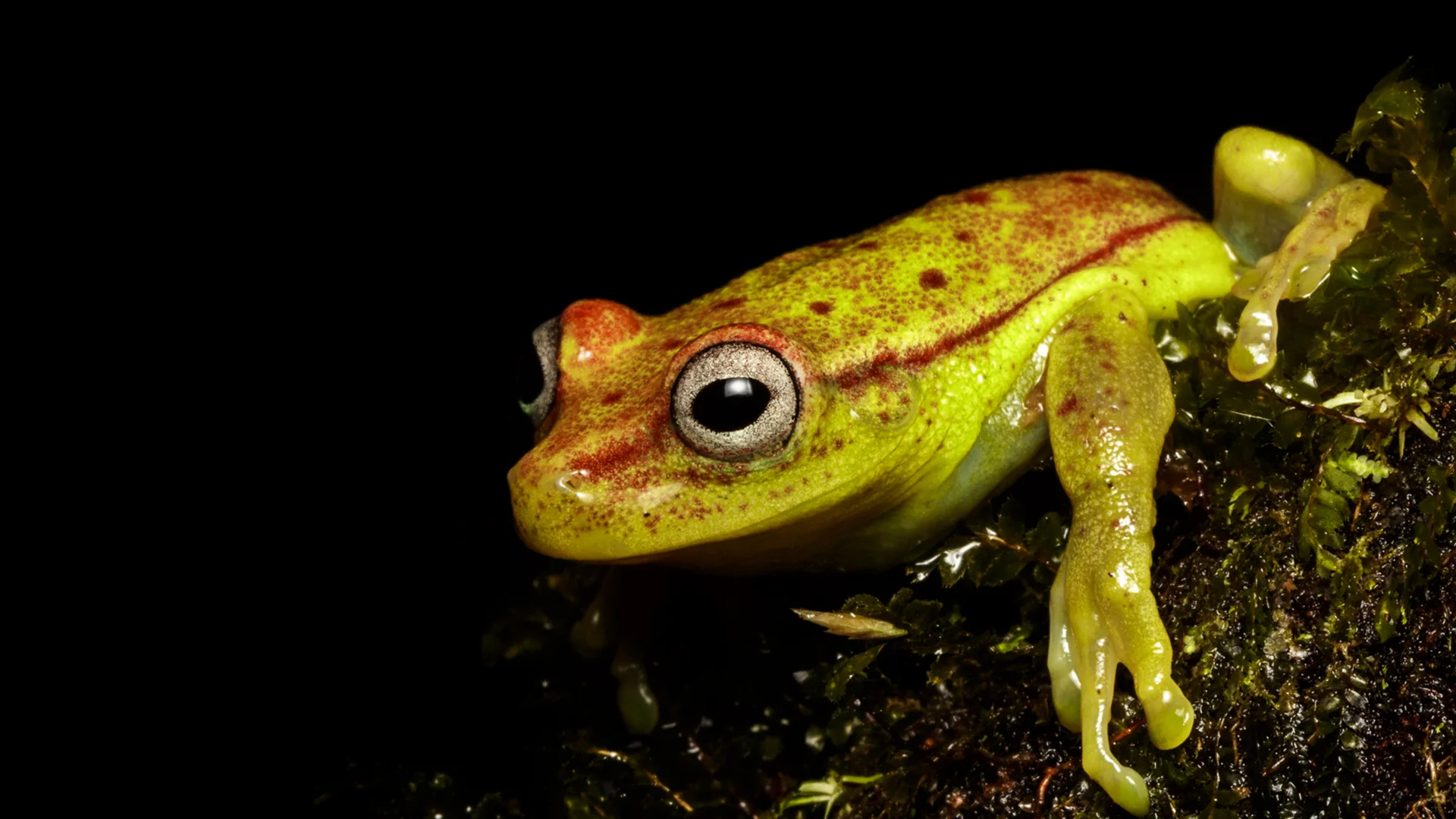
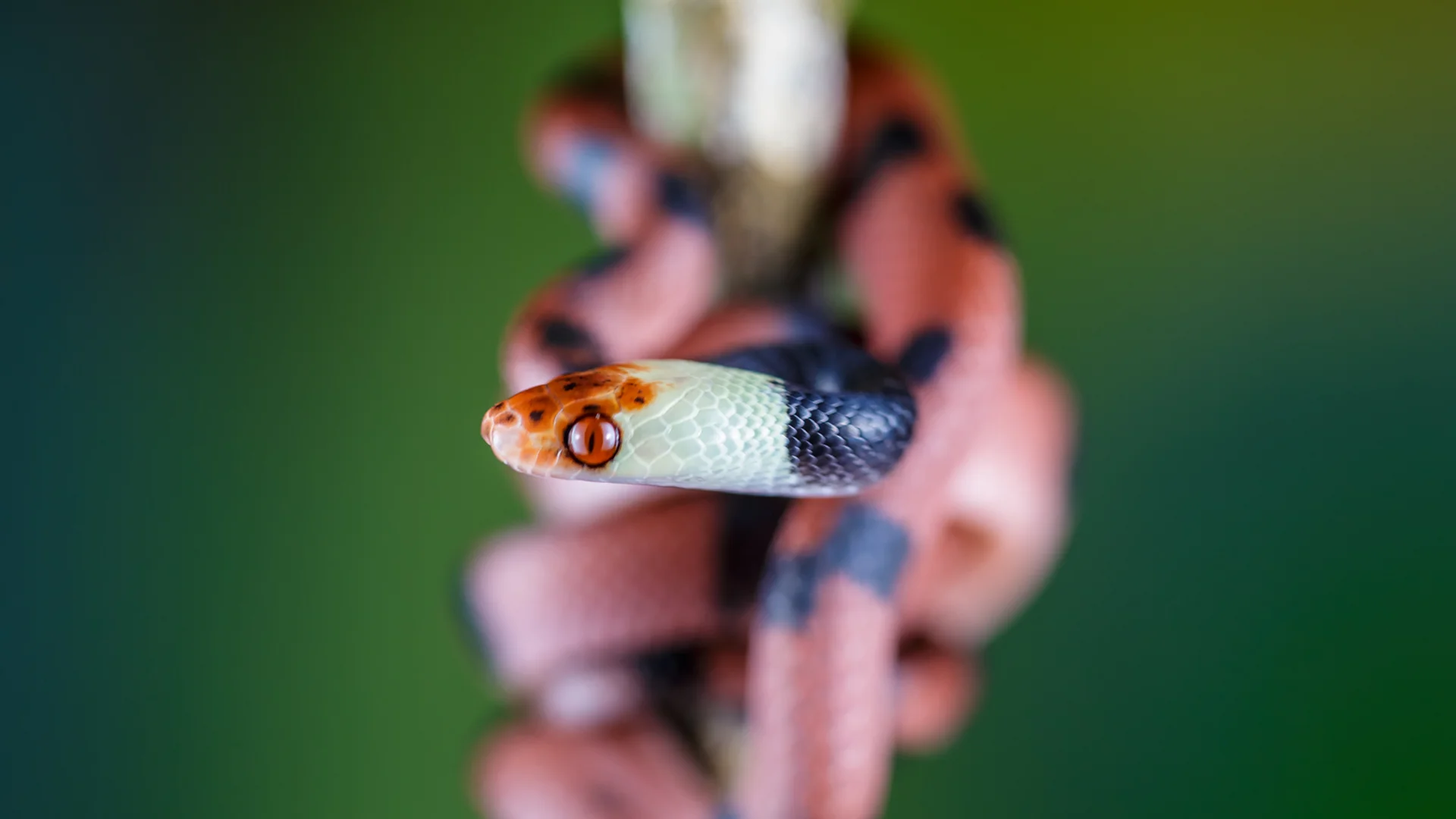
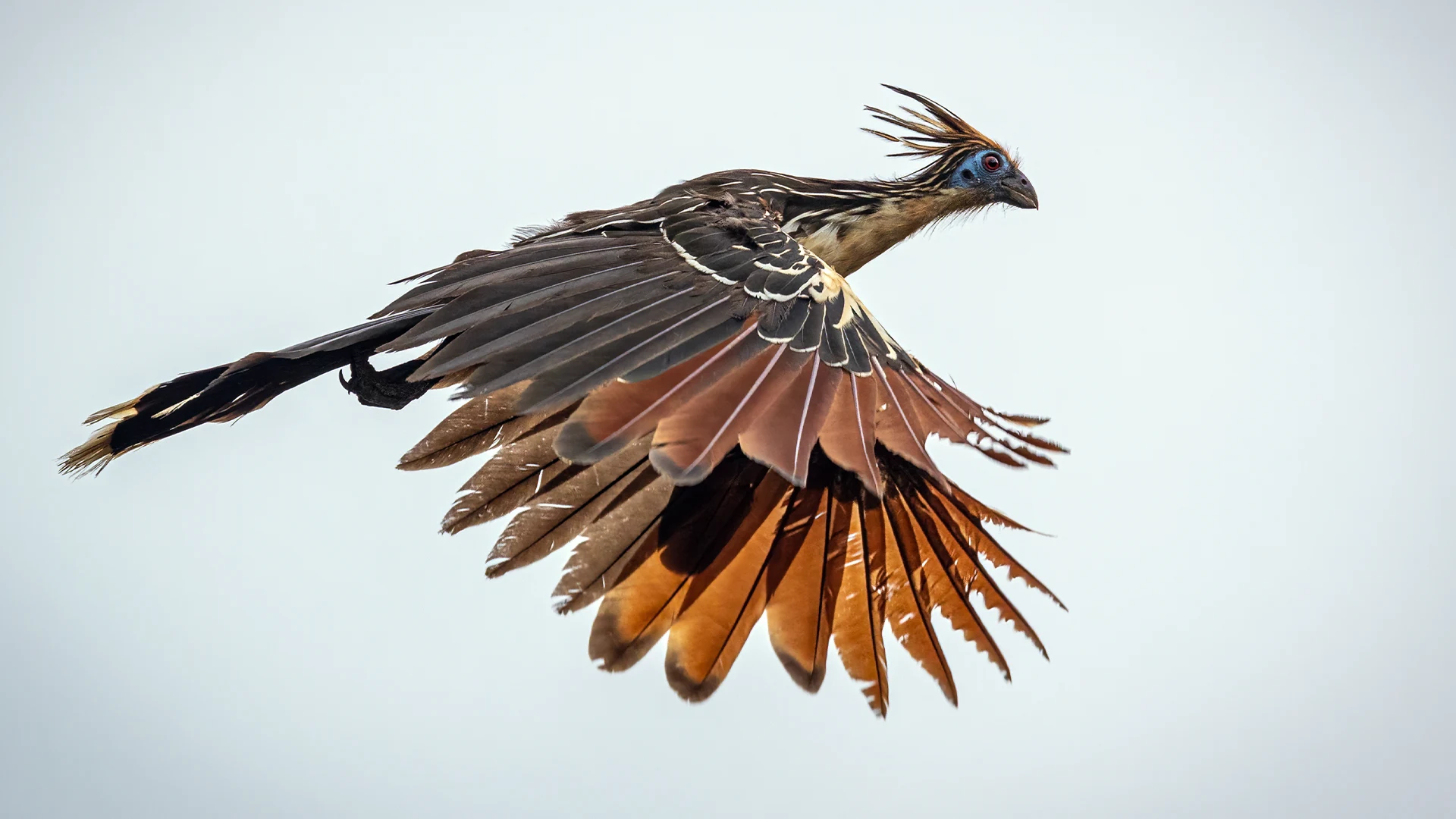
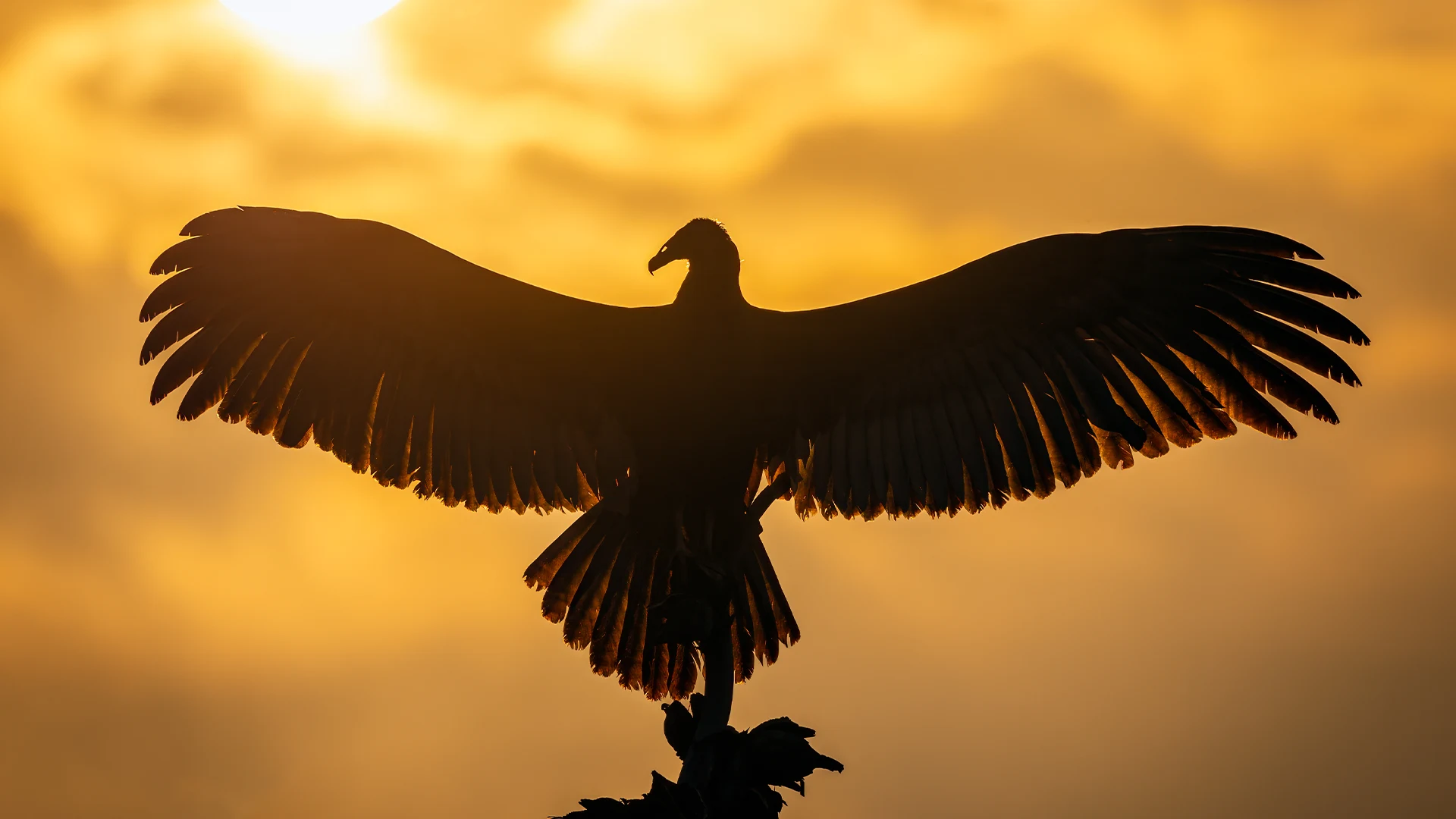
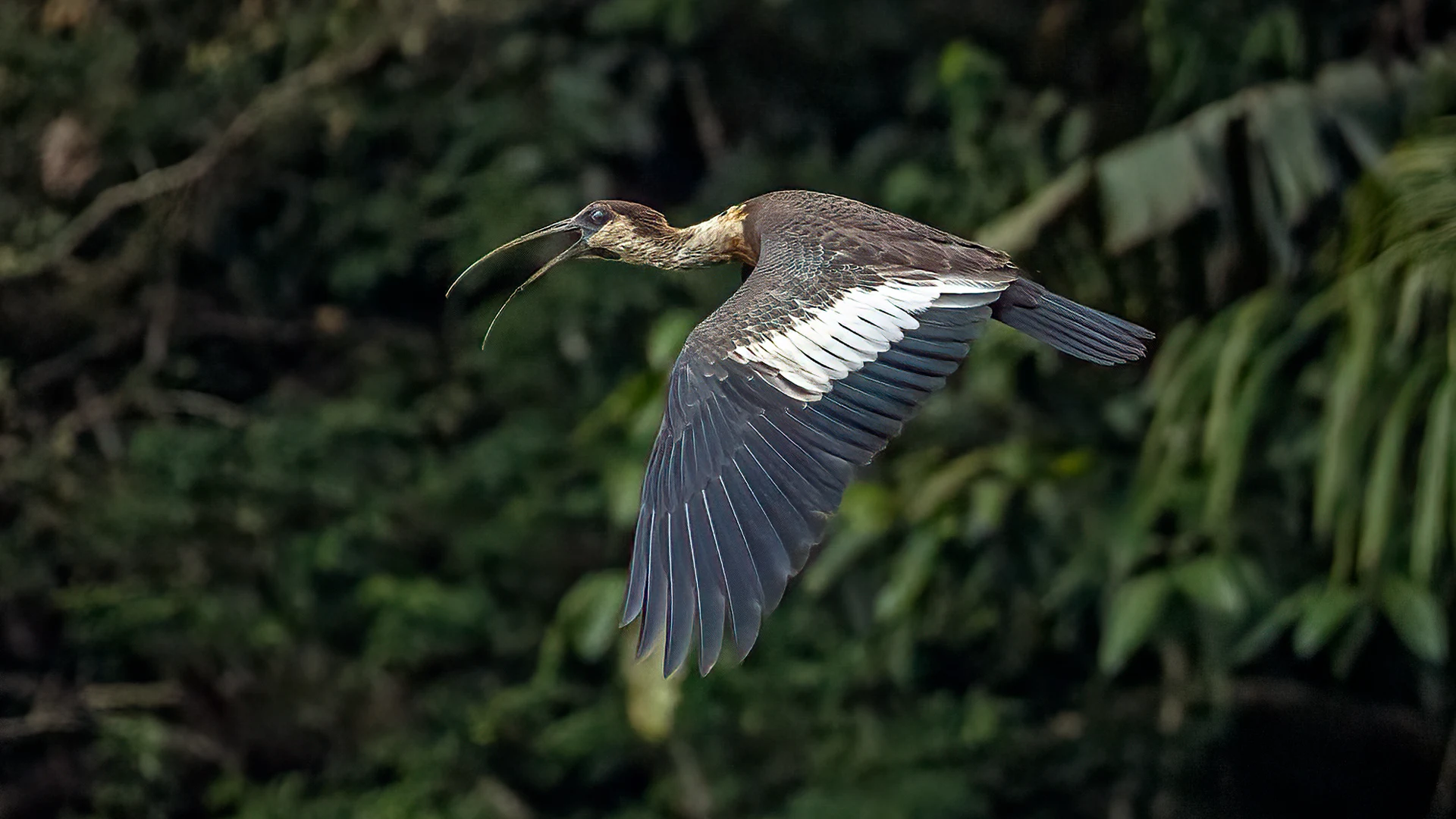
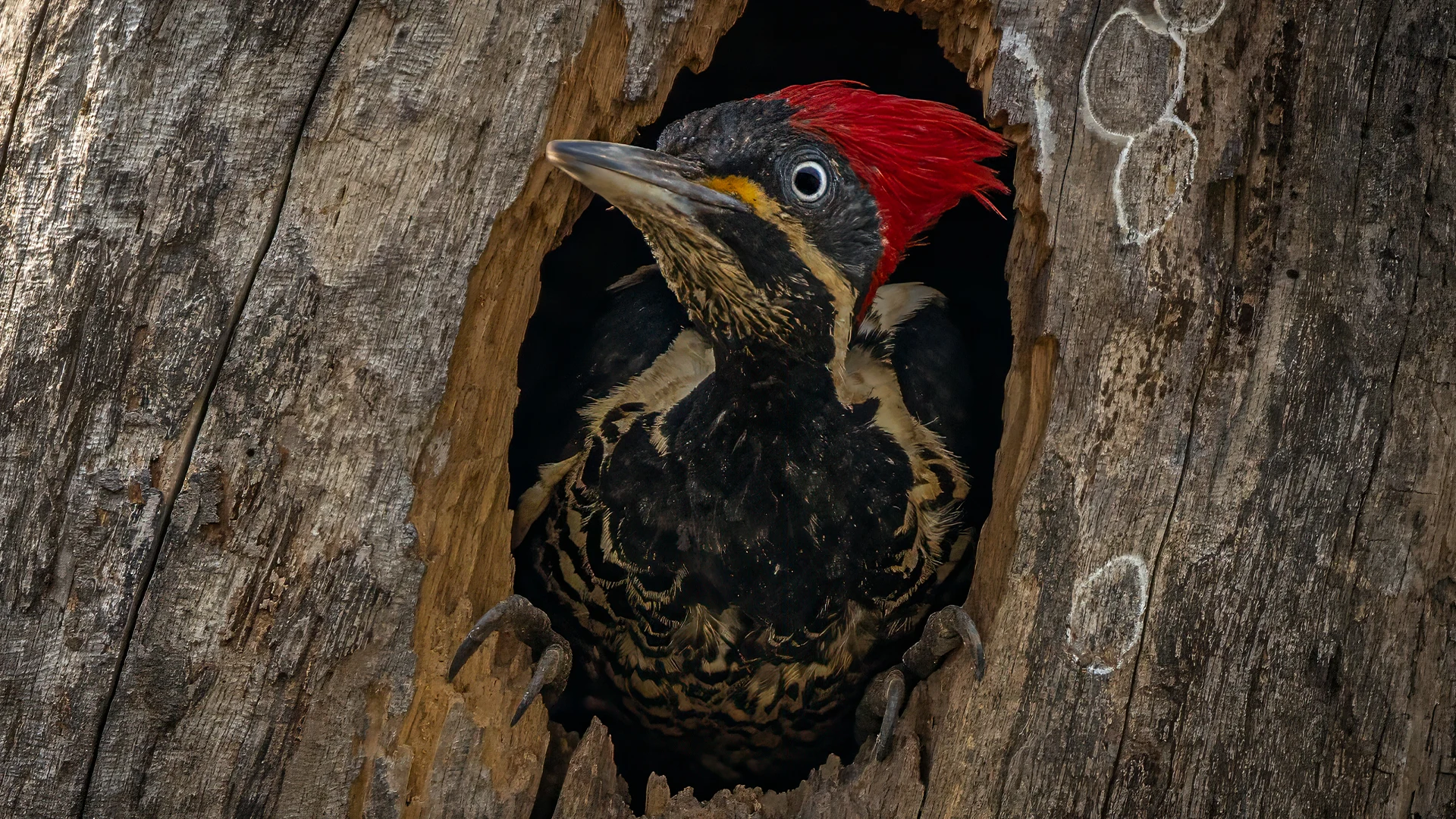
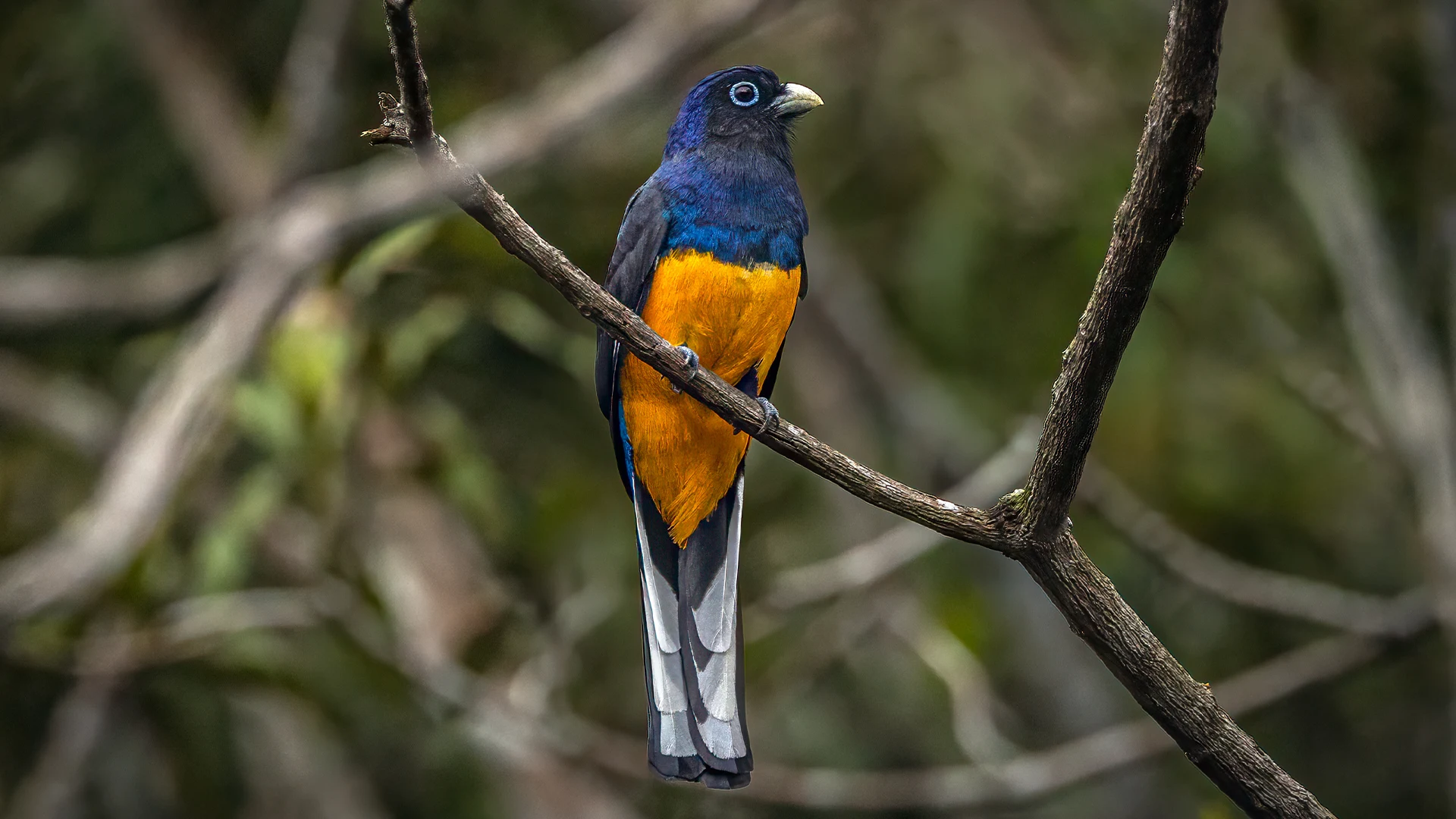
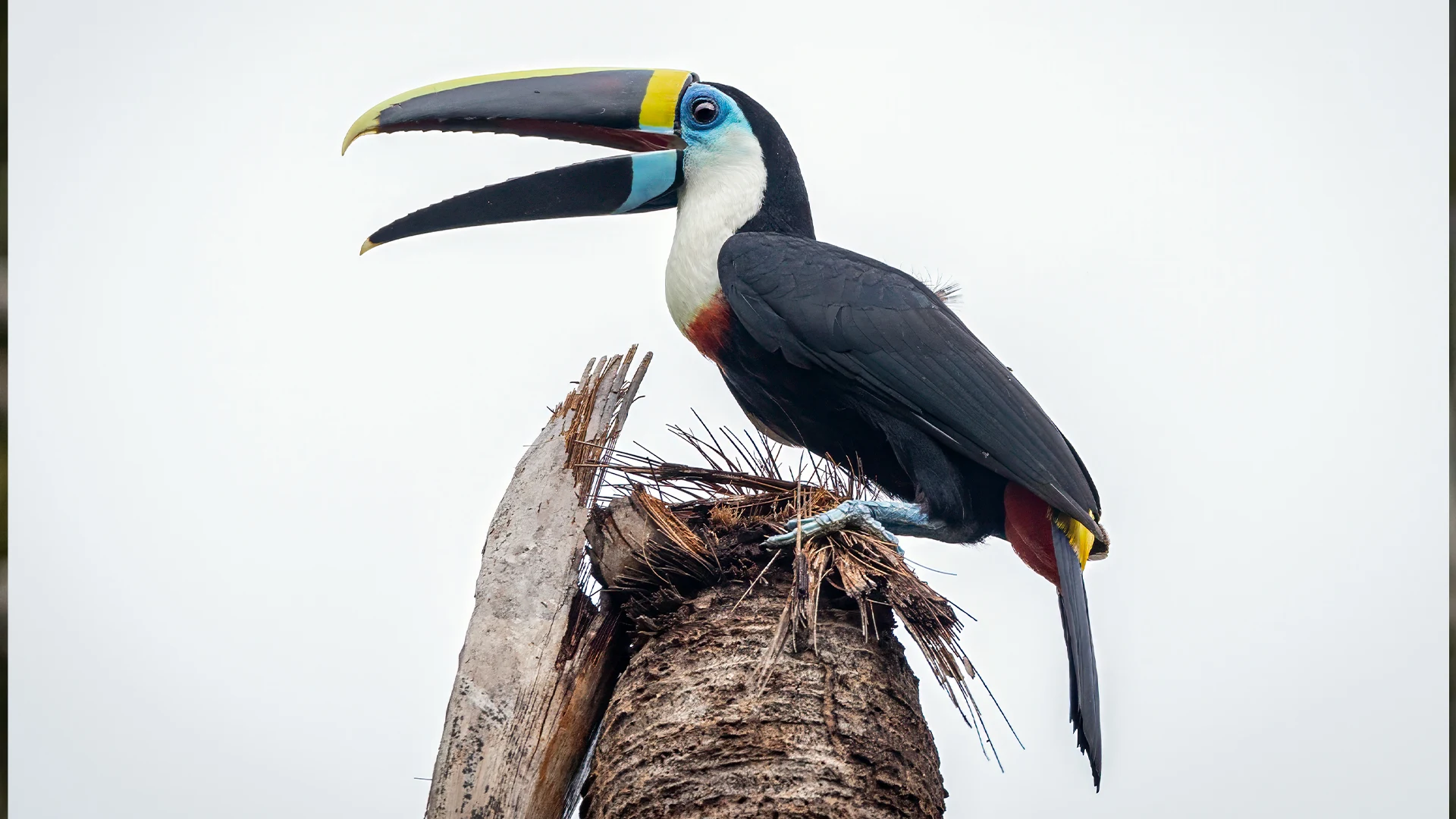
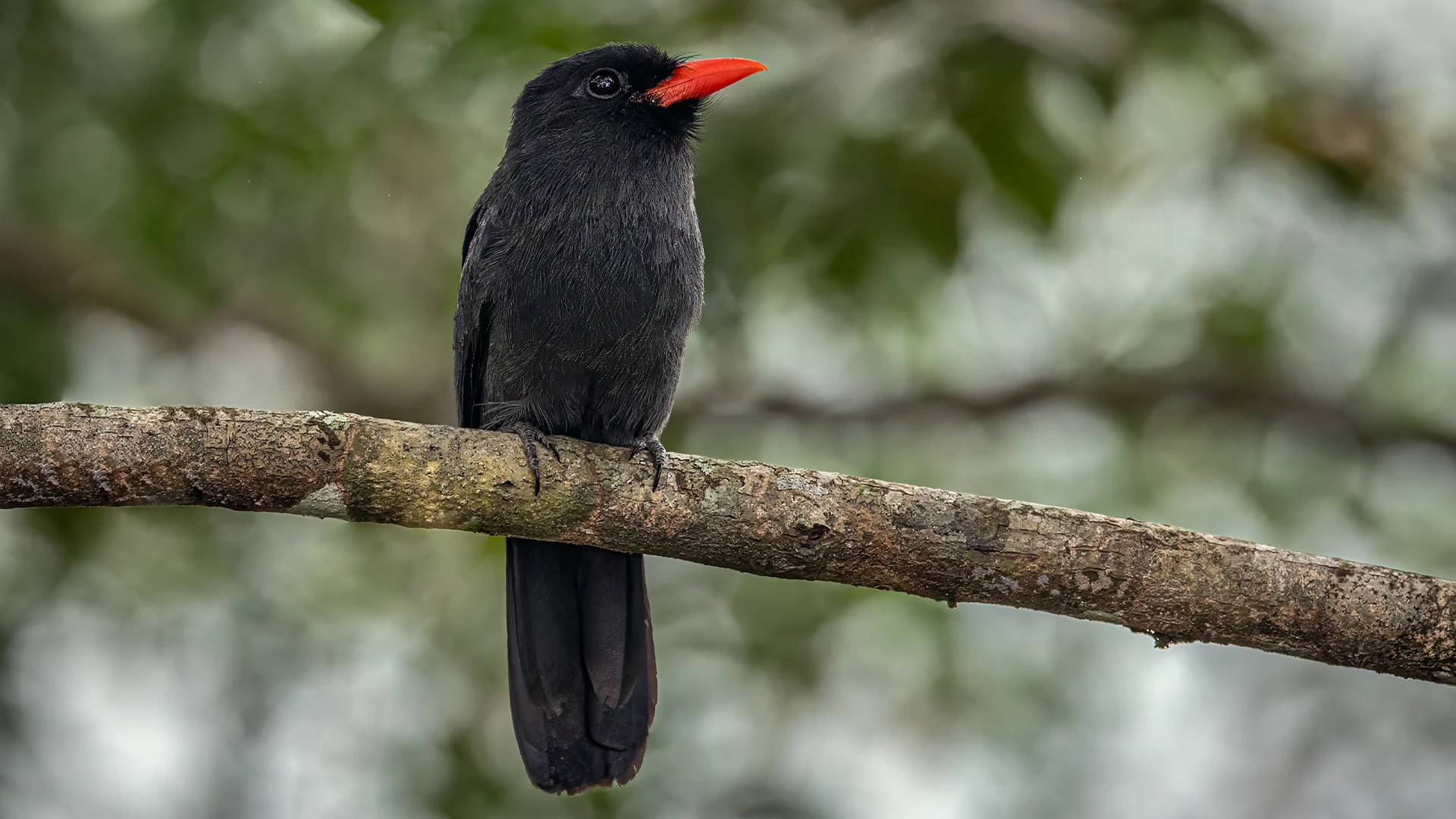
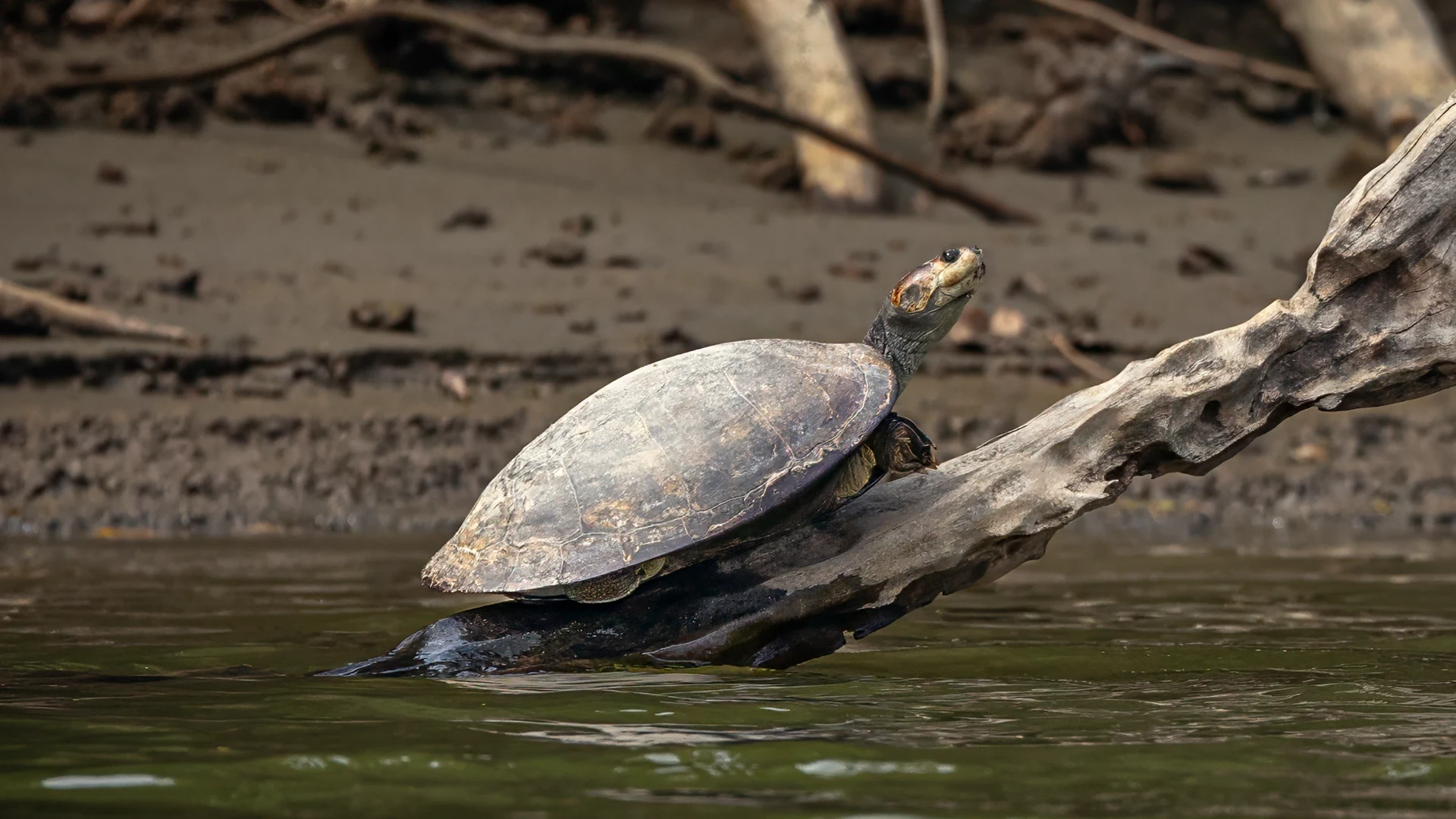
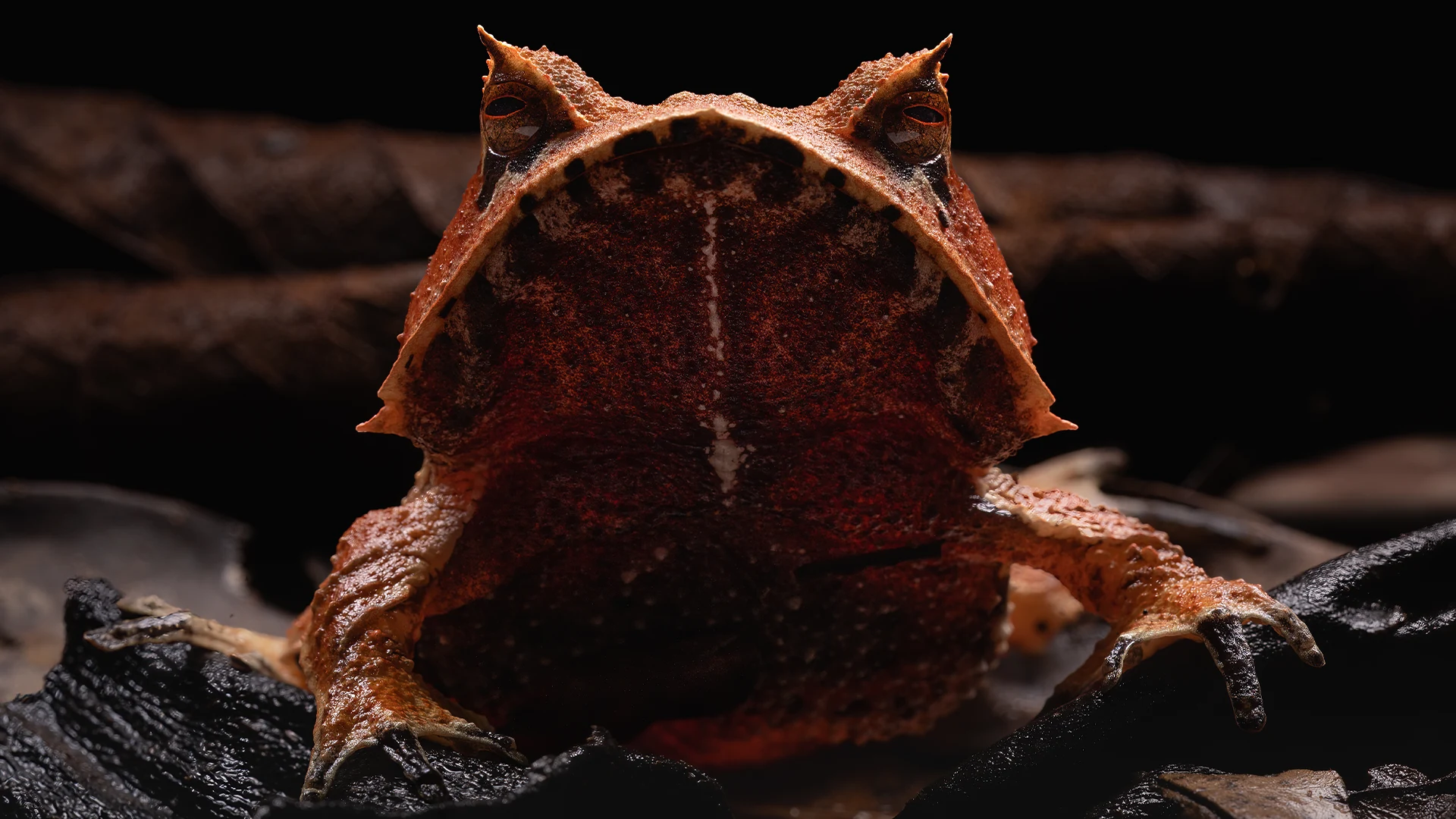
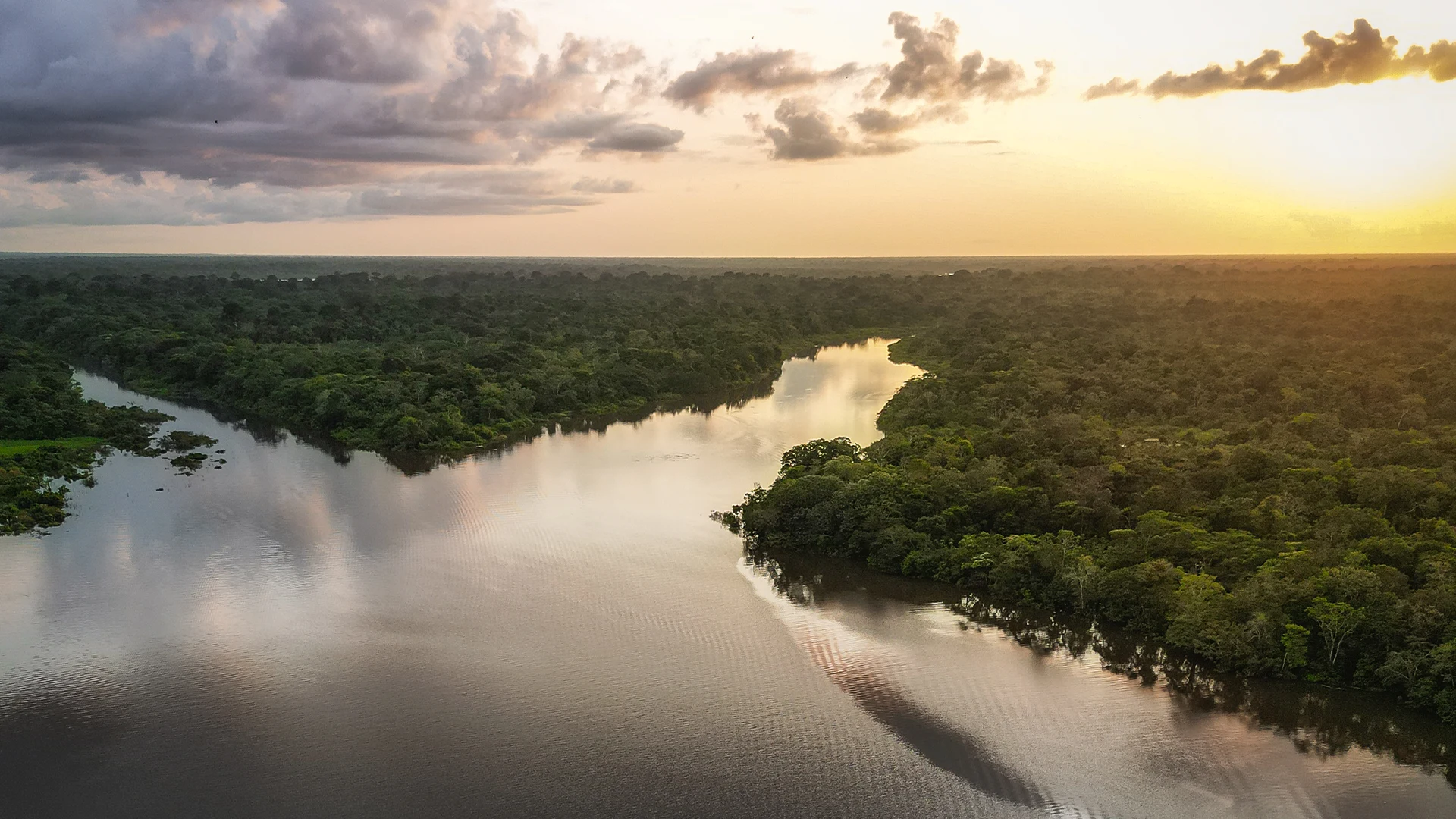
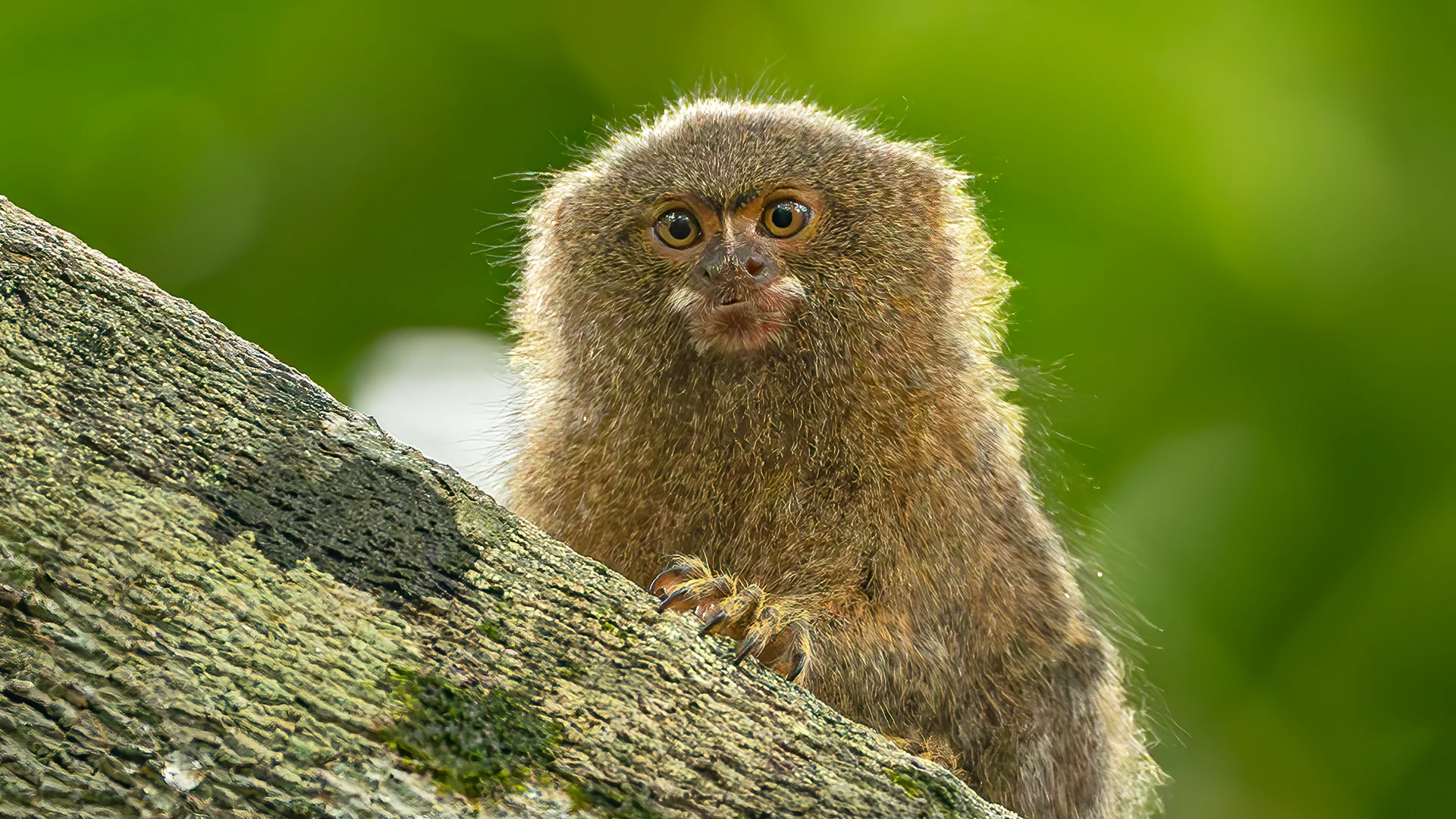
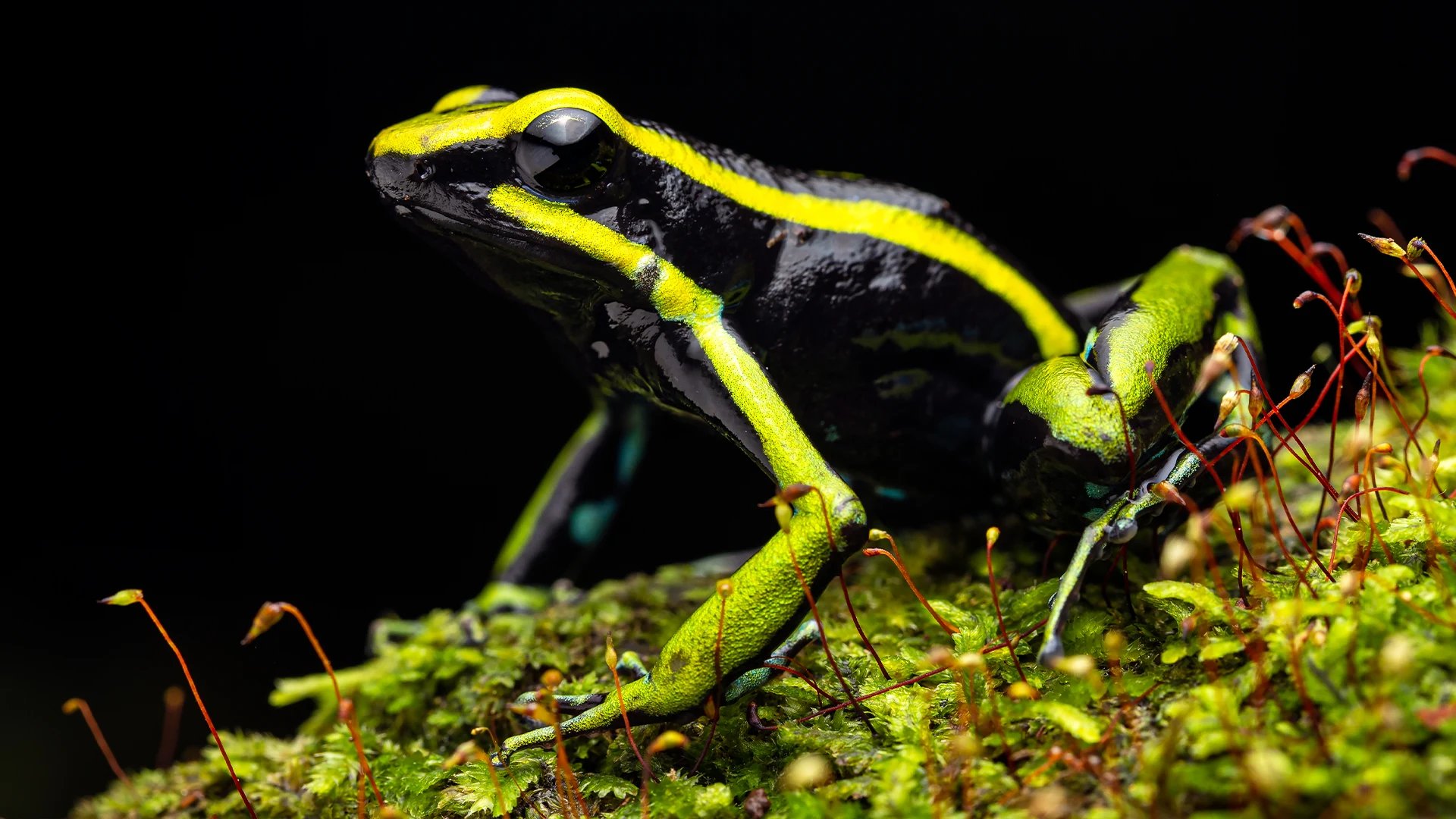
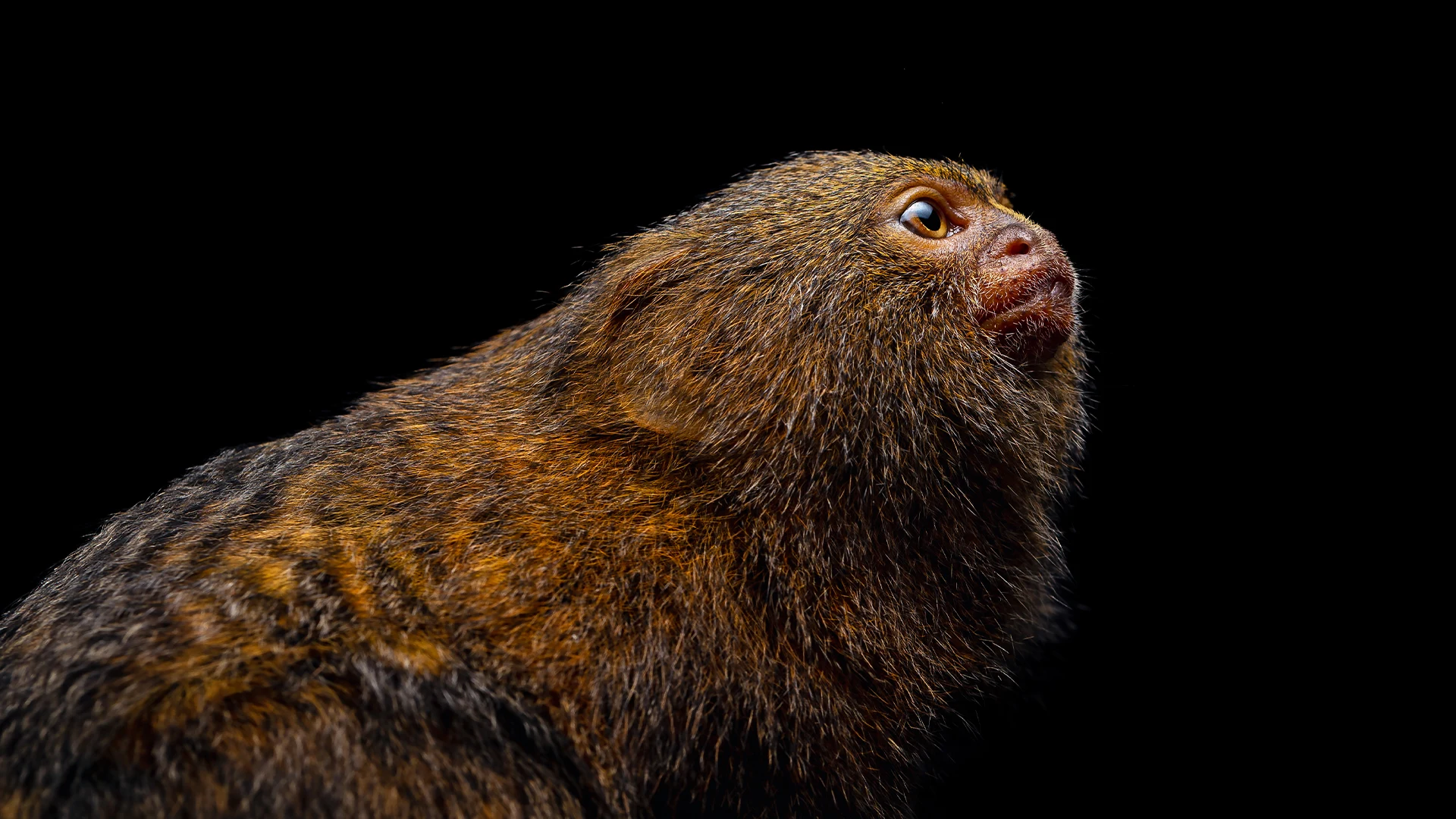
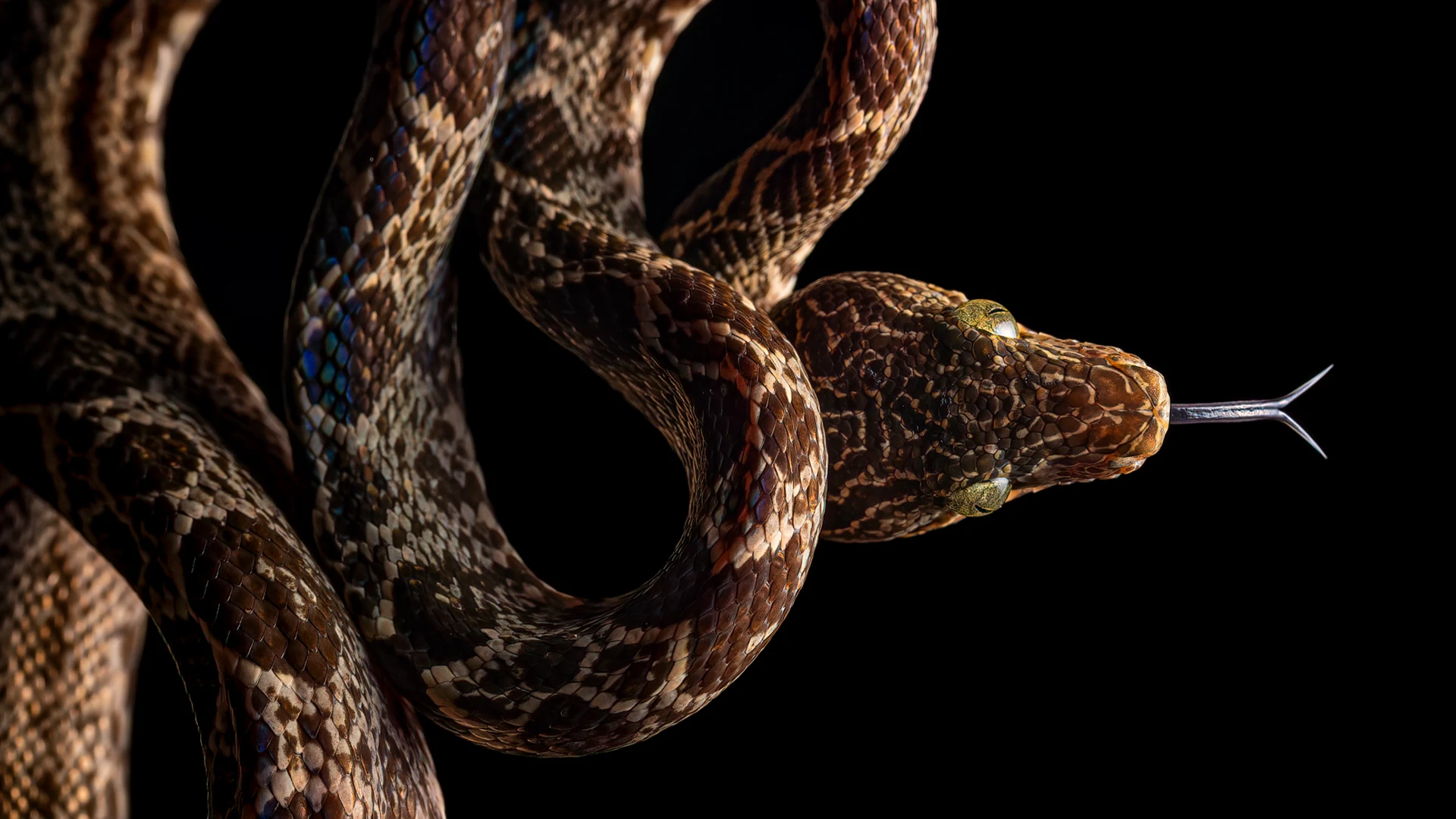
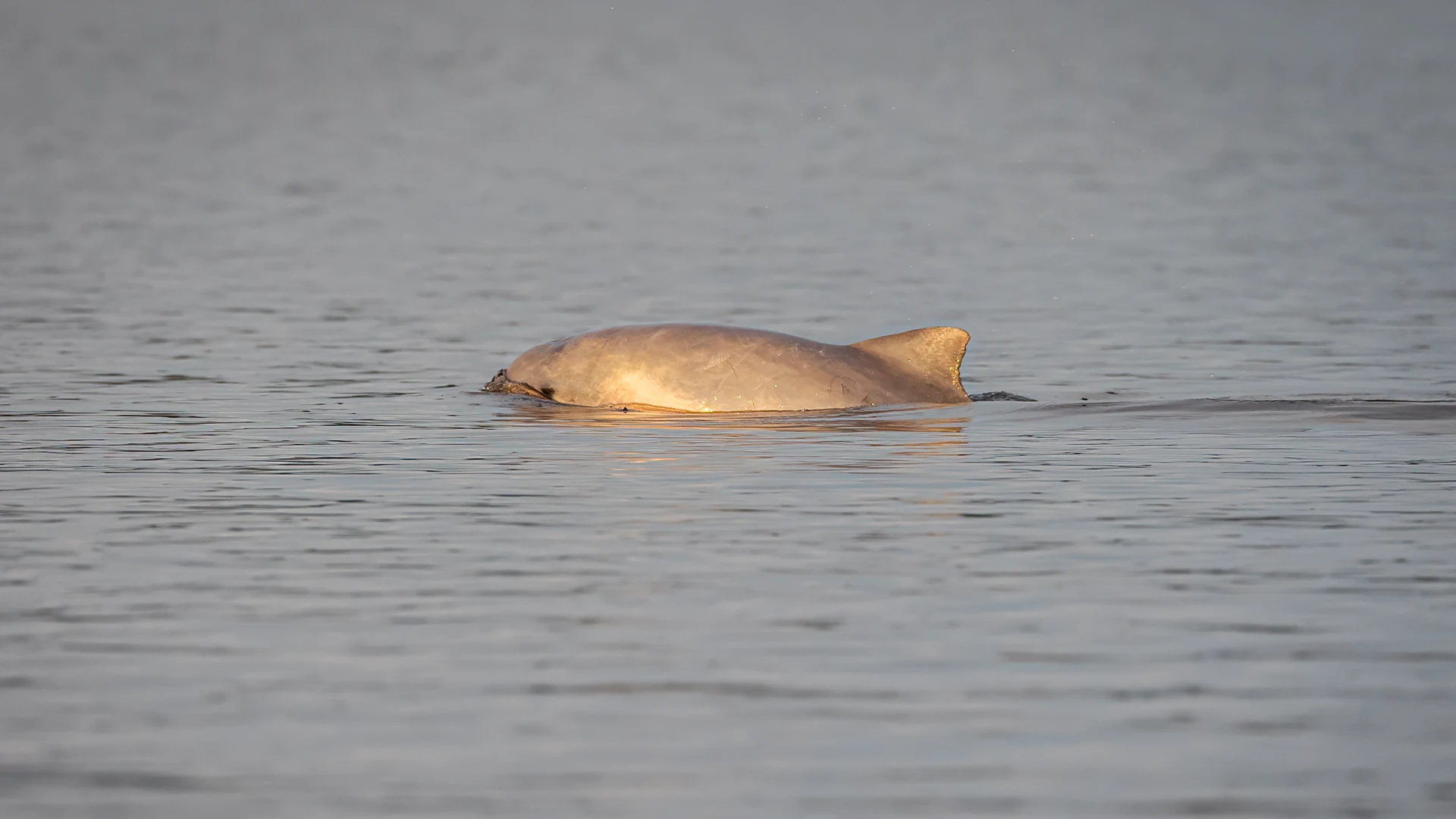
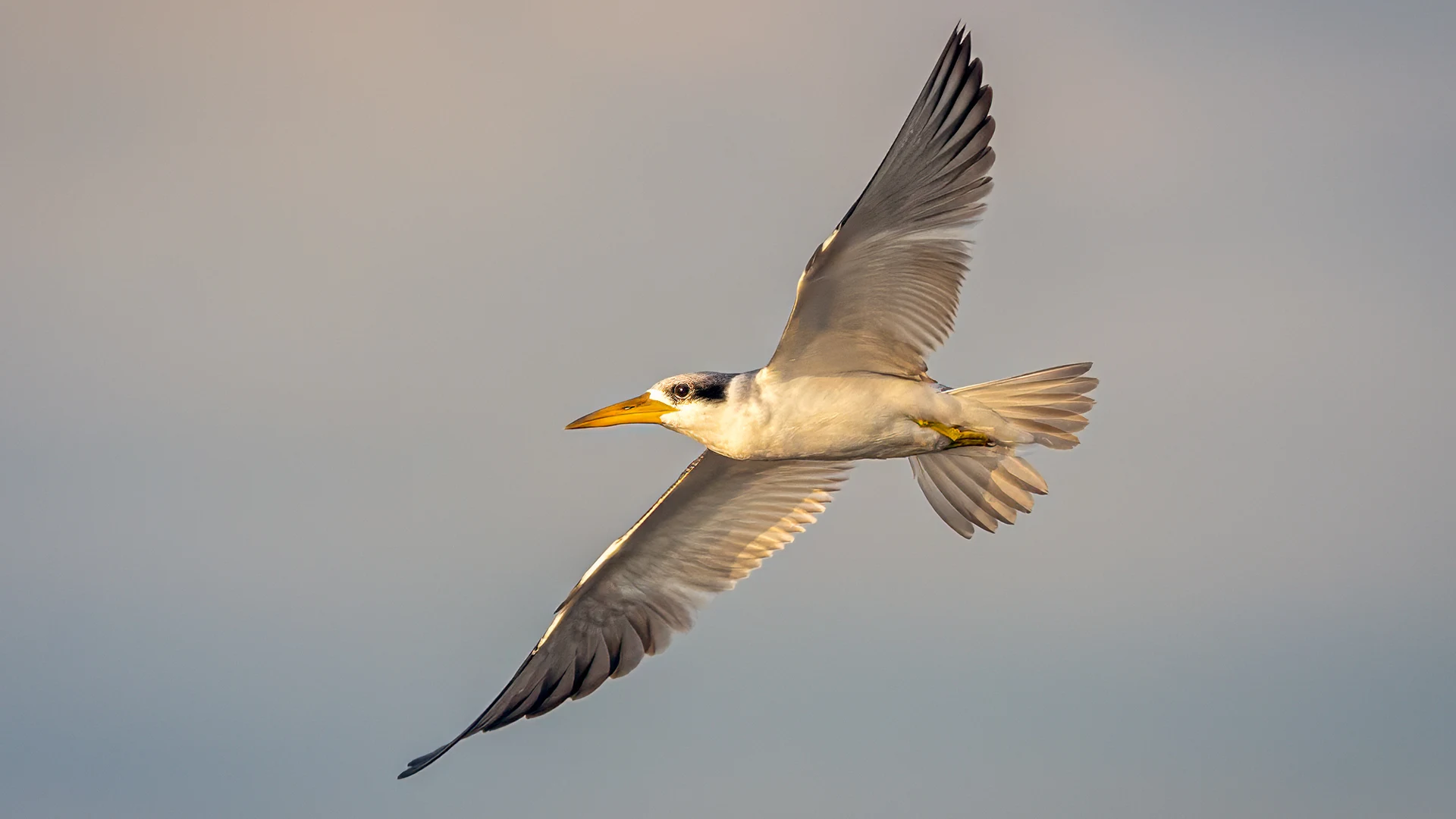
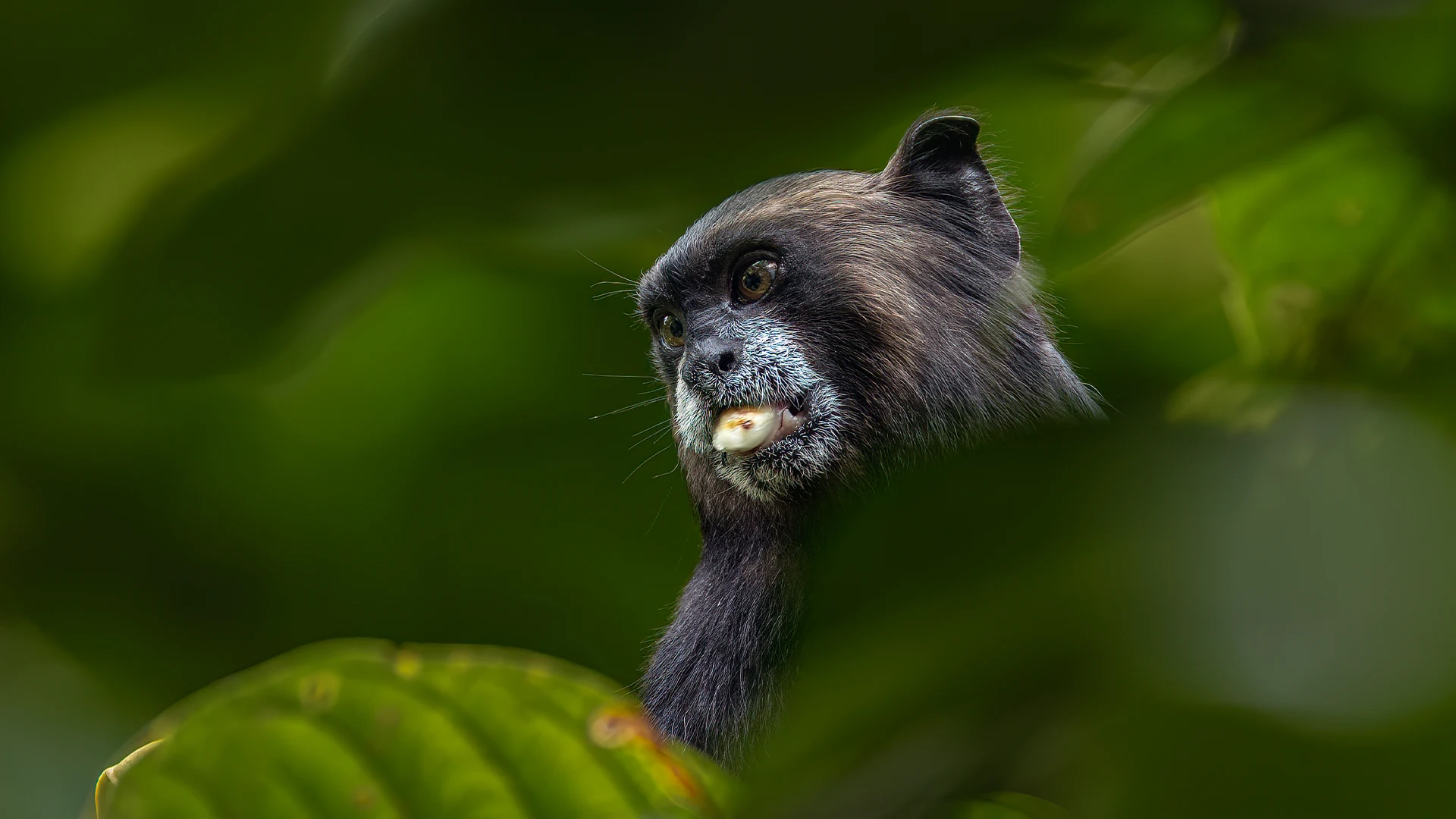
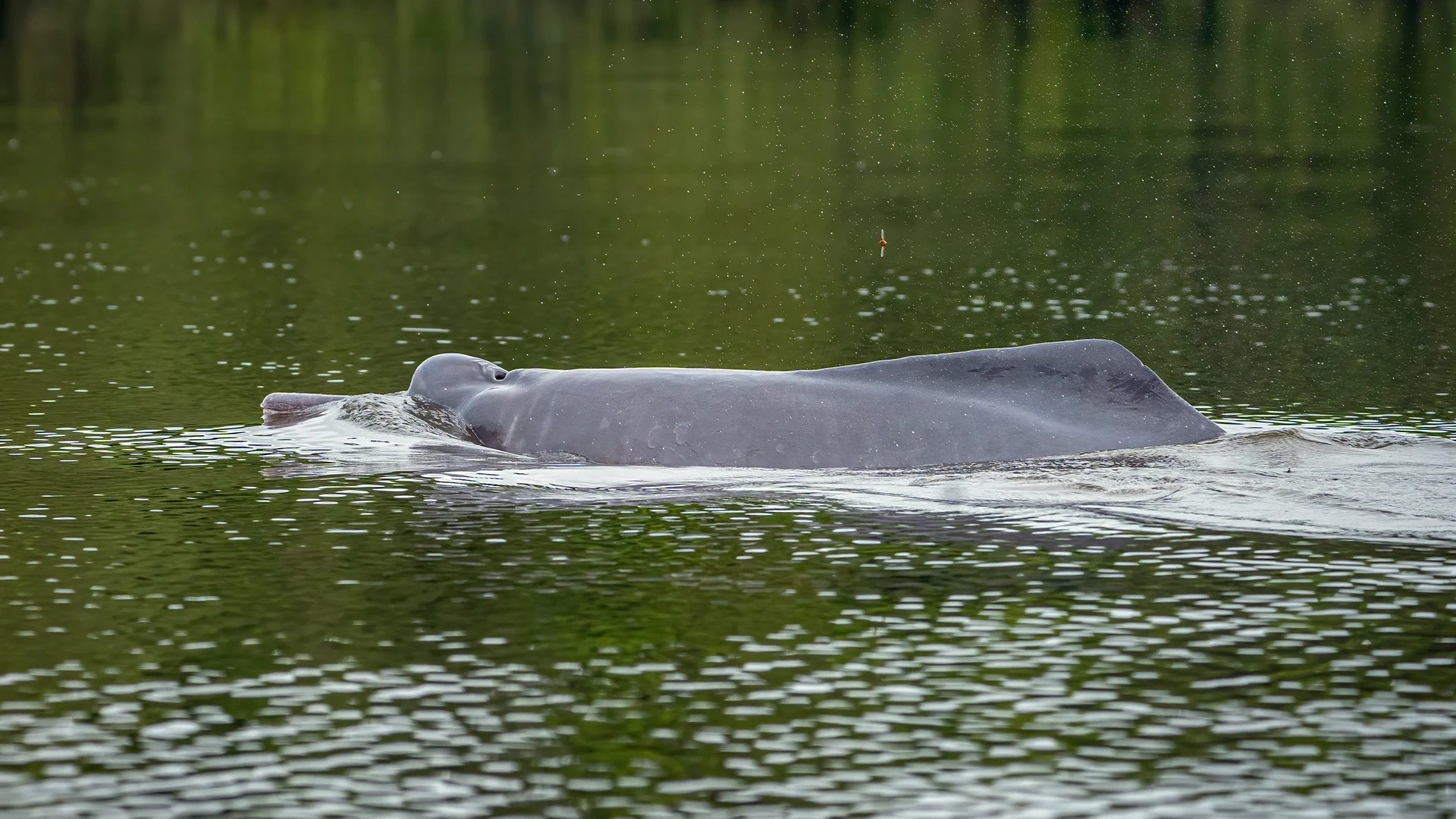
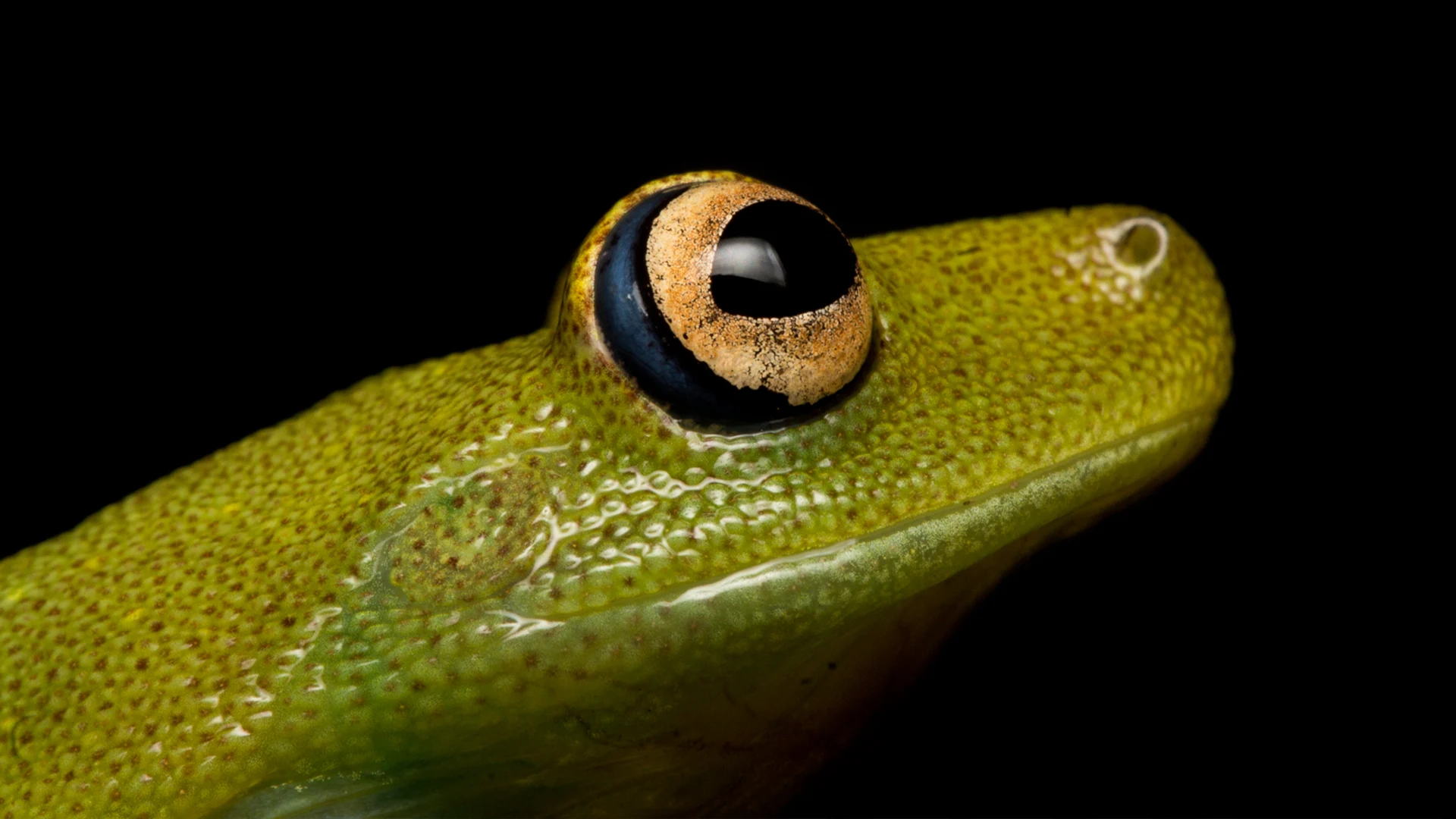
Fotografías realizadas por nuestros fotógrafos, alumnos y asistentes a tours fotográficos.
EXPLORA NUESTROS TOURS DISPONIBLES
Curious Facts about the Amazon Region
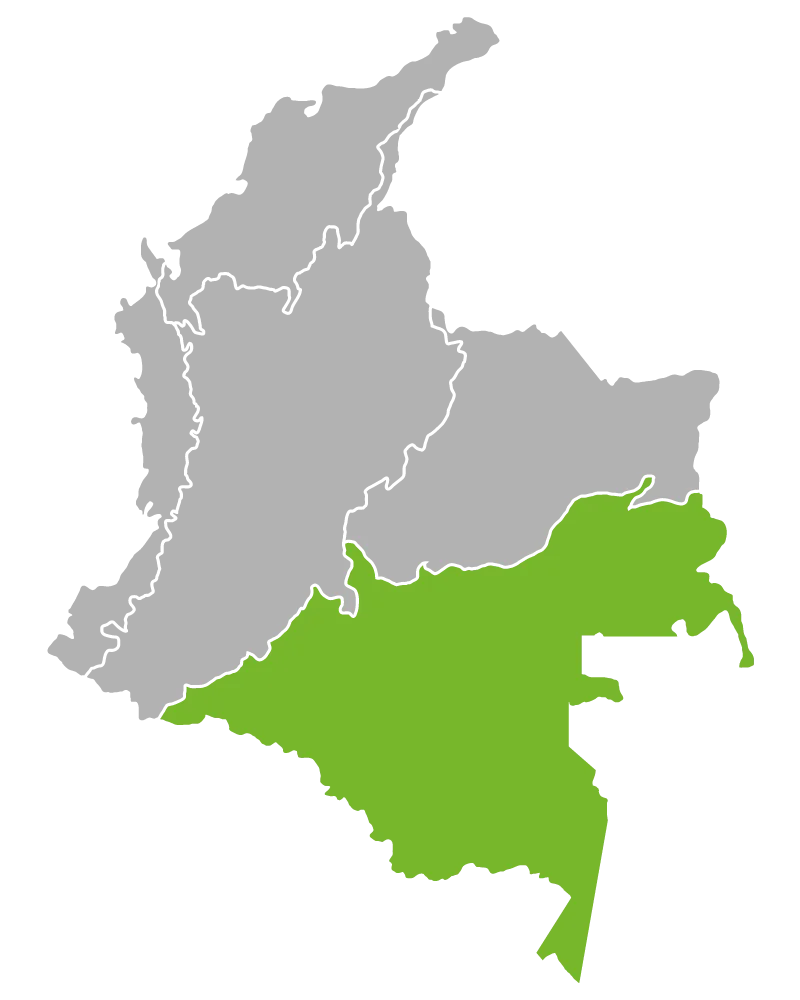
The Colombian Amazon is one of the six natural regions of the country and covers 40% of its territory. It borders the Andean and Orinoco regions to the north, Venezuela to the east, Brazil to the southeast, Peru to the south and Ecuador to the southwest. It is also part of the extensive Amazon rainforest that extends through several South American countries. With an area of 483.119 km², it is Colombia’s most forested and least populated region.
Fauna and flora of the region.
The Amazon is known for its extraordinary biodiversity, both in flora and fauna. In terms of birds, this region is home to a great variety of species, such as the scarlet macaw, the long-billed toucan and the hoatzin, known as the “bird of the swamp”.
As for herps, the Amazon is home to fascinating species of amphibians and reptiles, such as the poison dart frog, the boa constrictor snake and the black caiman. In addition, the Amazon rainforest is a paradise for plants, with an incredible diversity that includes orchids, bromeliads and giant trees such as the rubber tree and the ceiba.
The flora and fauna of the Amazon are a unique natural treasure that deserves to be appreciated and protected.
Culture and Gastronomy
Amazonian cuisine is characterized by its connection with nature, using native ingredients such as exotic fruits, river fish and jungle products.
Dishes such as mojarra en hoja de bijao, tacacho con cecina and juane de arroz reflect the fusion of indigenous and Afro-descendant flavors and techniques. In addition, the culture of the Amazon is rich in ancestral traditions and rituals, including dances, music and handicrafts made from natural materials.
The inhabitants of the Amazon, like the indigenous and Afro-Colombian communities, preserve their ancestral customs and knowledge, passing on their cultural heritage from generation to generation.
Especies Destacadas
Anfibios y Reptiles
- Allobates femoralis.
- Ameerega hahneli.
- Ameerega trivittata (Three-striped Arrow-poison Frog).
- Boana punctata (Polka-dot Treefrog).
- Edalorhina perezi (Perez’s Snouted Frog).
- Hemiphractus proboscideus (Sumaco Horned Treefrogs).
- Hemiphractus scutatus (Spix’s Horned Treefrog).
- Lithodytes lineatus (Gold-striped Frog).
- Phyllomedusa bicolor (Giant Monkey Frog).
- Ranitomeya ventrimaculata.
- Rhinella margaritifera (South American Common Toad).
- Rhinella proboscidea.
- Boana cinerascens (Demerara Falls Treefrog).
- Cercosaura argulus (Elegant Eyed Lizard).
- Dendropsophus parviceps (Sarayacu Treefrog).
- Elachistocleis ovalis (Oval Frog).
- Gonatodes riveroi.
- Phyllomedusa tarsius (Brownbelly Leaf Frog).
- Plica medemi (Tree Runner).
- Plica plica (Tree Runner).
- Rhaebo guttatus (Spotted Toad).
- Siphlophis compressus (Tropical Flat Snake).
- Sphaenorhynchus lacteus (Orinoco Lime Treefrog).
- Anolis trachyderma (Roughskin Anole).
- Bothrops asper (Terciopelo).
- Cercosaura argulus (Elegant Eyed Lizard).
- Chironius scurrulus (Wagler’s Sipo).
- Corallus batesii
- Corallus hortulana (Garden Tree Boa).
- Dracaena guianensis (Northern Caiman Lizard).
- Eunectes murinus (Green Anaconda).
- Gonatodes humeralis.
- Micrurus helleri.
- Paleosuchus palpebrosus (Dwarf Caiman).
- Potamites ecpleopus (Common Stream Lizard).
Aves
- Amazona festiva (Festive Parrot).
- Anhima cornuta (Horned Screamer).
- Cacicus cela (Yellow-rumped Cacique).
- Capito aurovirens (Scarlet-crowned Barbet).
- Cotinga maynana (Plum-throated Cotinga).
- Dryocopus lineatus (Lineated Woodpecker).
- Euphonia rufiventris (Rufous-bellied Euphonia).
- Gymnoderus foetidus (Bare-necked Fruitcrow).
- Gymnomystax mexicanus (Oriole Blackbird).
- Monasa nigrifrons (Black-fronted Nunbird).
- Paroaria gularis (Red-capped Cardinal).
- Phaetusa simplex (Large-billed Tern).
- Pionites melanocephalus (Black-headed Parrot).
- Pteroglossus castanotis (Chestnut-eared Araçari).
- Ramphocelus carbo (Silver-beaked Tanager).
- Tangara chilensis (Paradise Tanager).
- Tityra cayana (Black-tailed Tityra).
- Celeus flavus (Cream-colored Woodpecker).
- Chloroceryle amazona (Amazon Kingfisher).
- Galbacyrhynchus leucotis (White-eared Jacamar).
- Nasica longirostris (Long-billed Woodcreeper).
- Nonnula brunnea (Brown Nunlet).
- Nyctibius grandis (Great Potoo).
- Pipra filicauda (Wire-tailed Manakin).
- Querula purpurata (Purple-throated Fruitcrow).
- Ramphastos tucanus (Red-billed Toucan).
- Rupicola rupicola (Guianan Cock-of-the-rock).
- Syrigma sibilatrix (Whistling Heron).
Mamíferos
- Callicebus torquatus (Collared Titi Monkey).
- Inia geoffrensis (Amazon River Dolphin).
- Lagothrix lagotricha (Common Woolly Monkey).
- Saguinus nigricolis (Black Mantle Tamarin).
- Saimiri cassiquiarensis (Colombian Squirrel Monkey).
- Saimiri sciureus cassiquiarensis (Guianan Squirrel Monkey).
- Sapajus apella (Black-capped Capuchin).
- Cacajao melanocephalus (Black-headed Uacari).
Biodiversity
With its immense rainforest and impressive network of rivers, this region is home to unparalleled biodiversity. Here, countless plant species can be found, from giant trees to exquisite orchids.
The fauna is equally astounding, with majestic jaguars, pink dolphins, giant anacondas and a variety of colorful birds and butterflies. Every corner of the Amazon offers a unique experience, from jungle treks to canoeing down the meandering rivers.
The nature of Colombia’s Amazon is a priceless treasure that deserves to be protected and valued for its beauty and its importance to the health of the planet.
